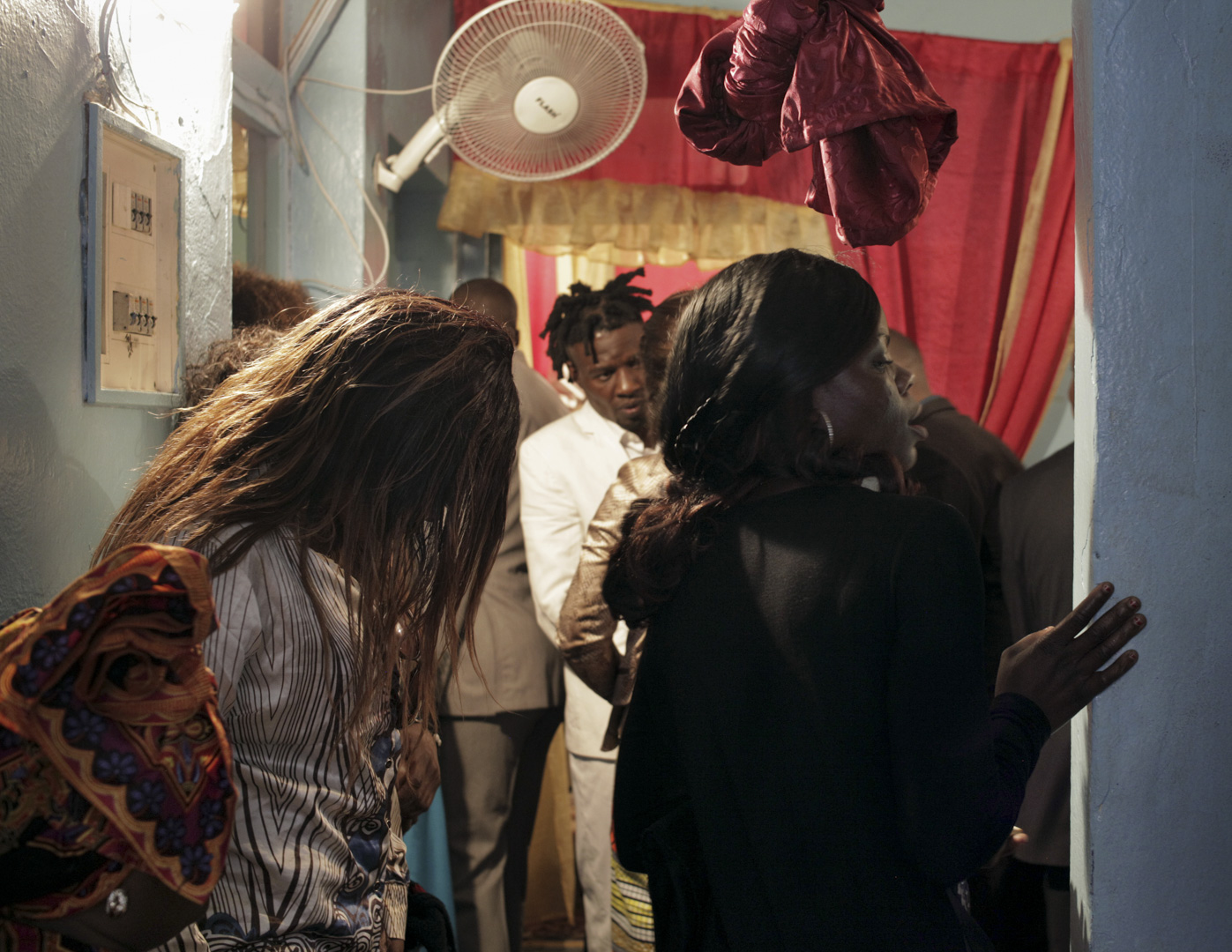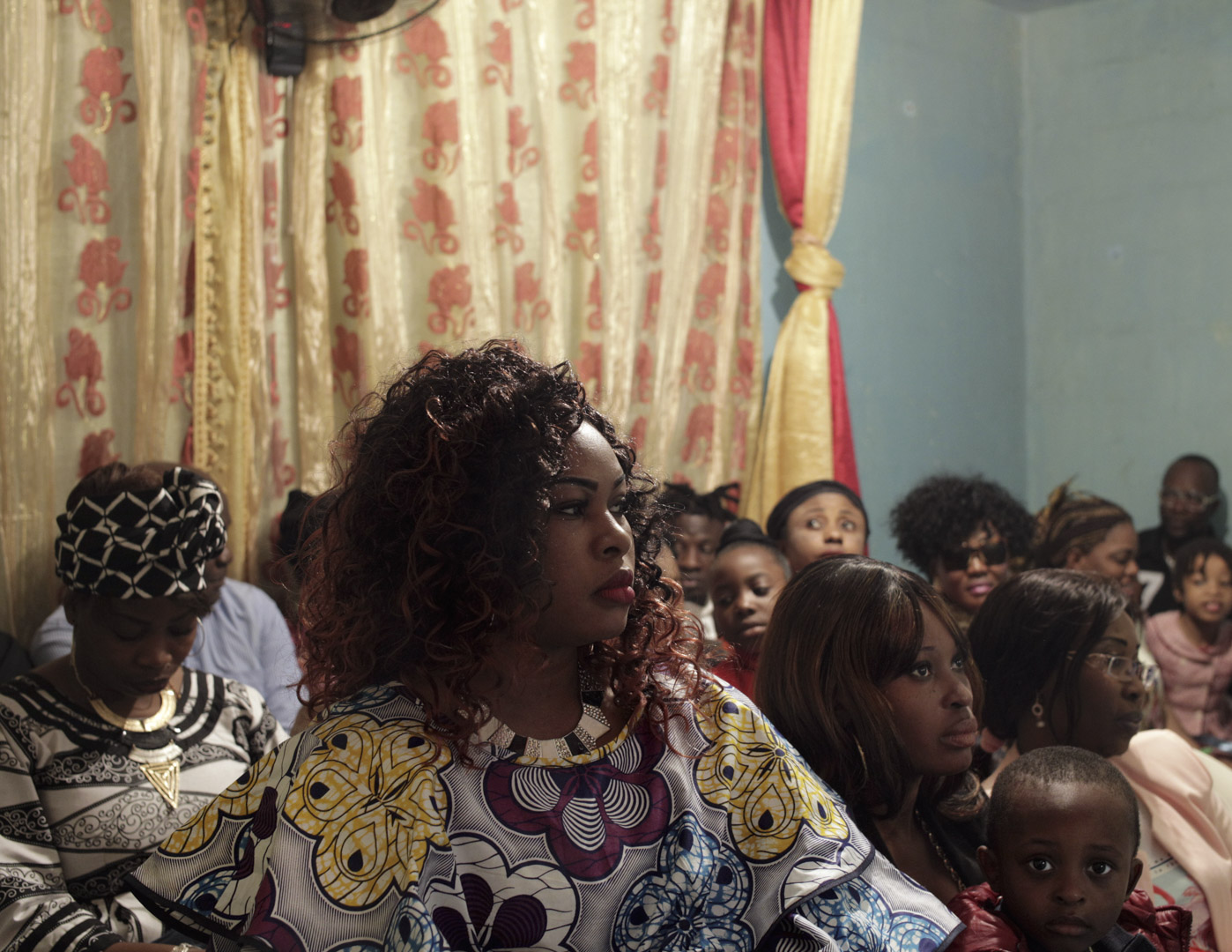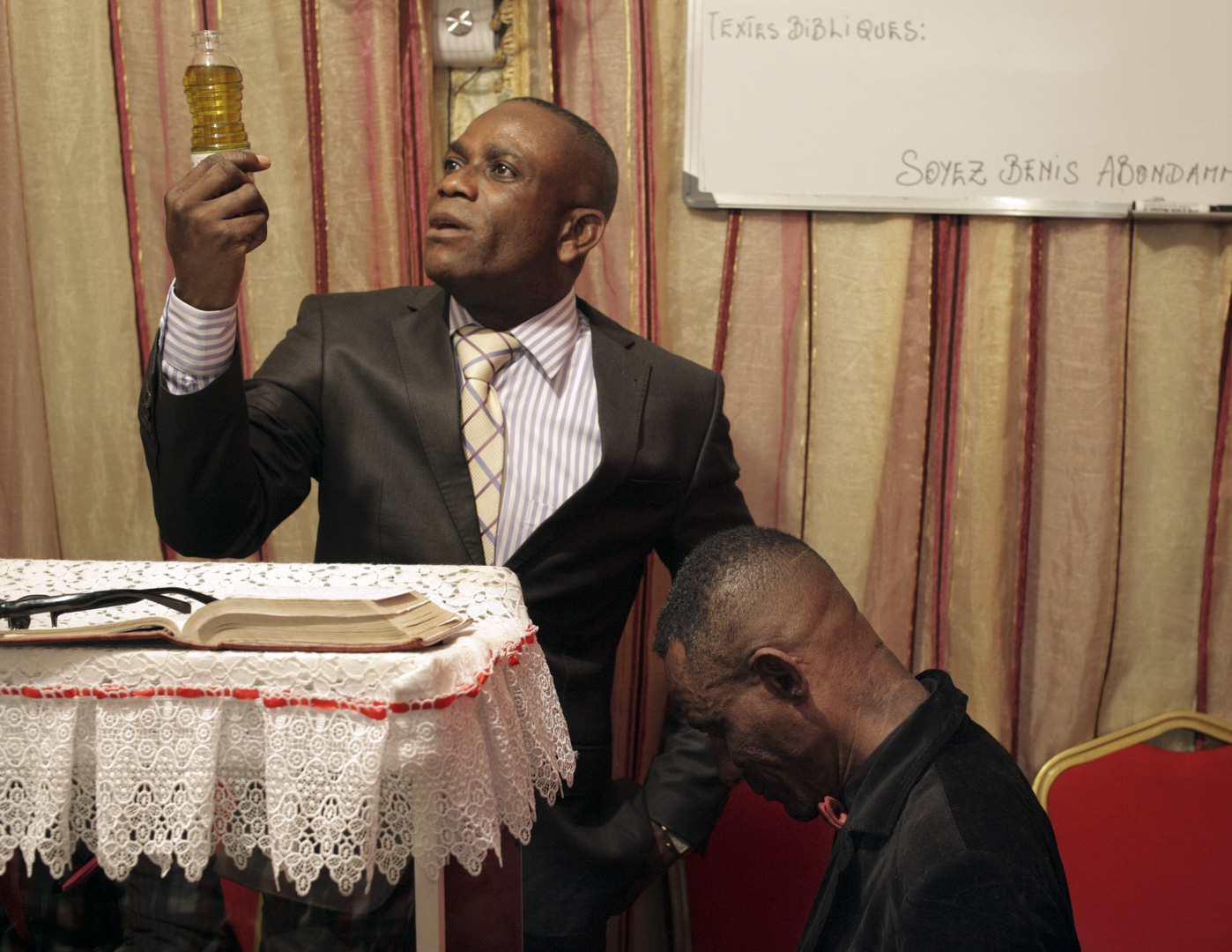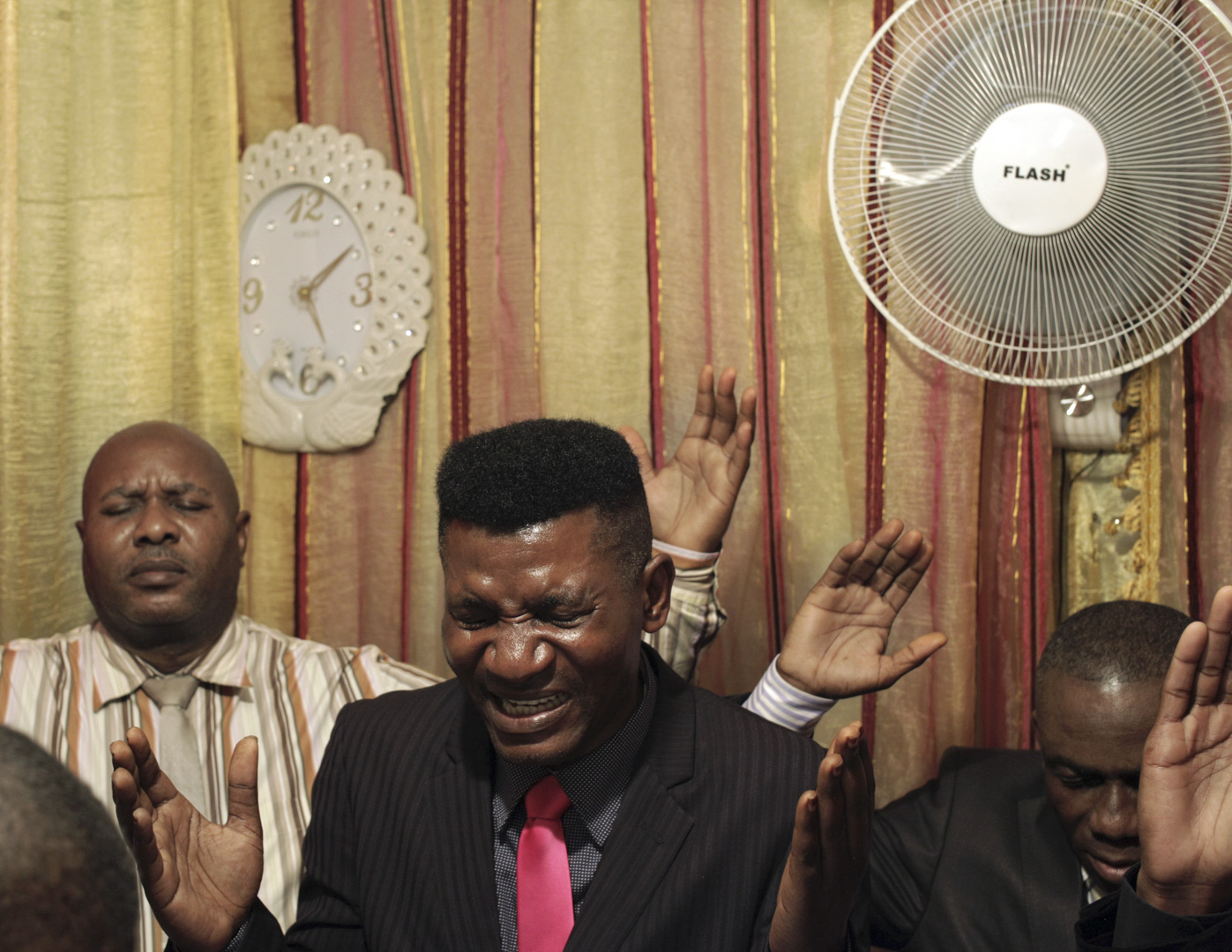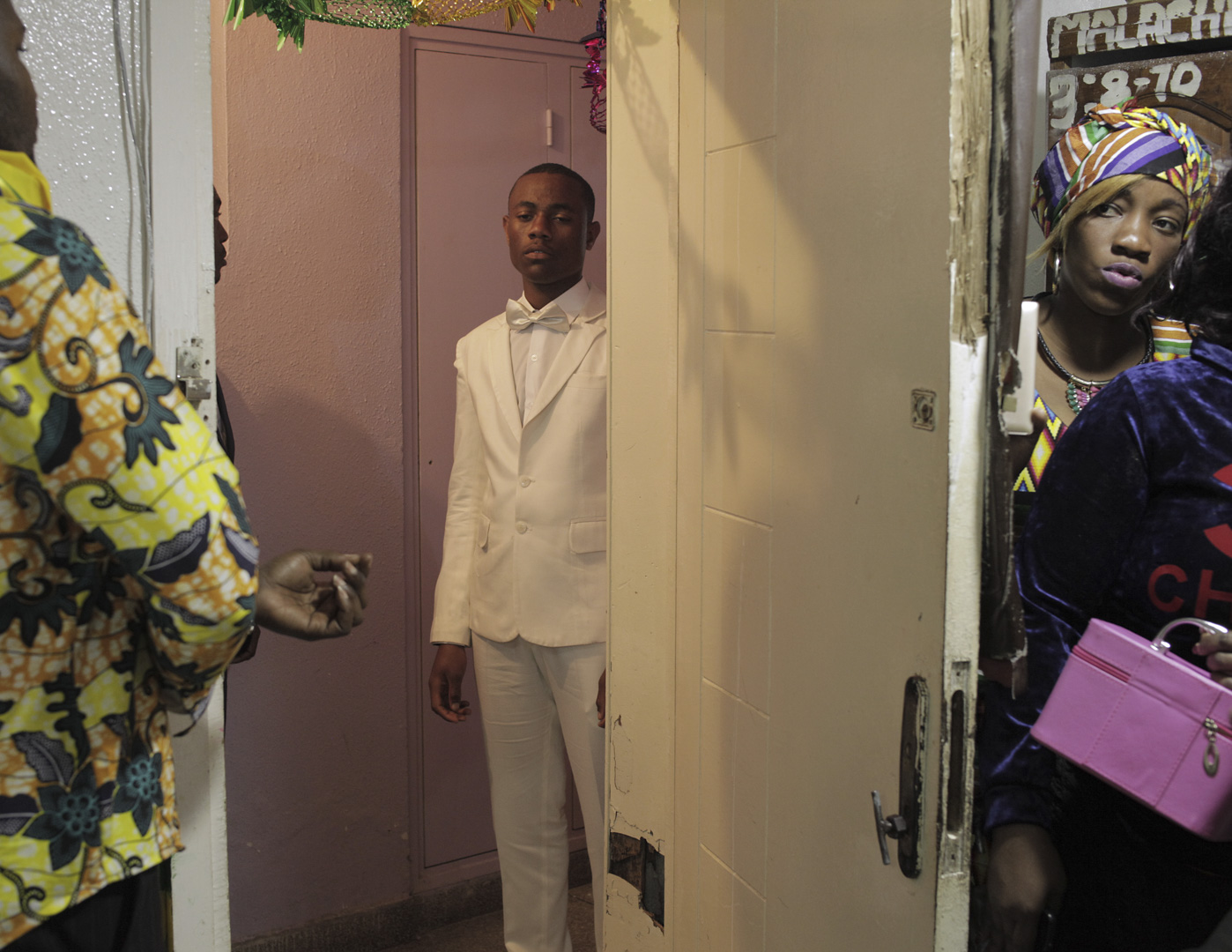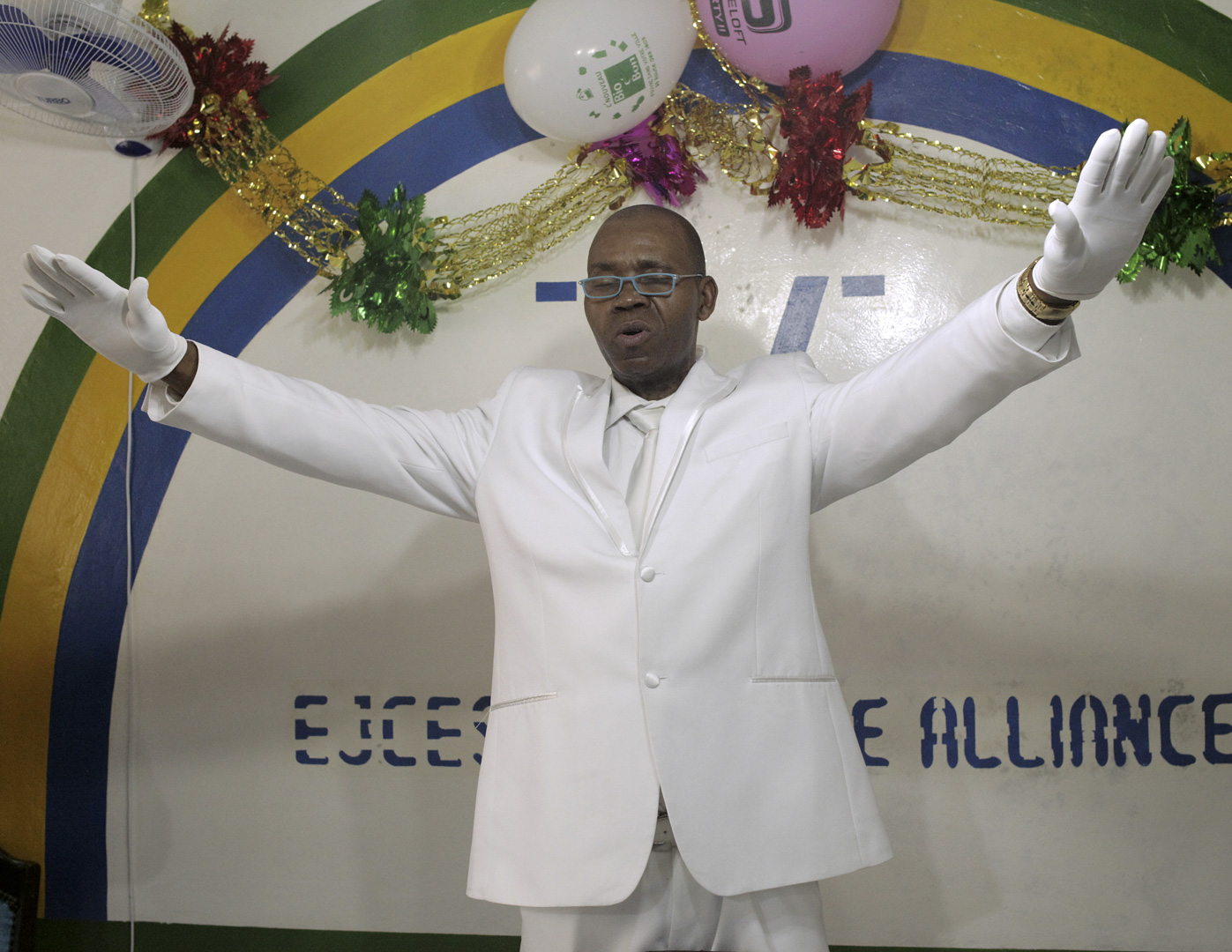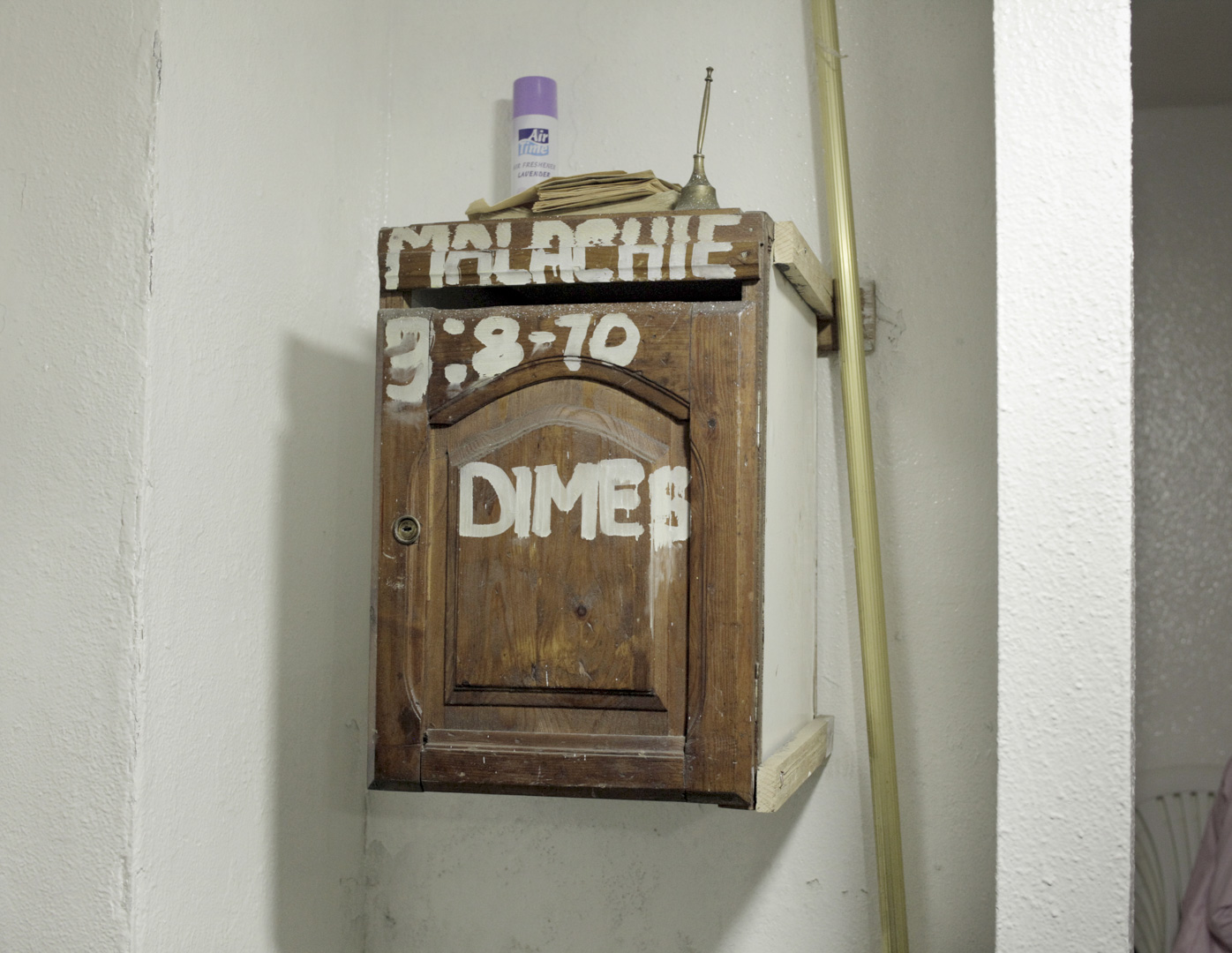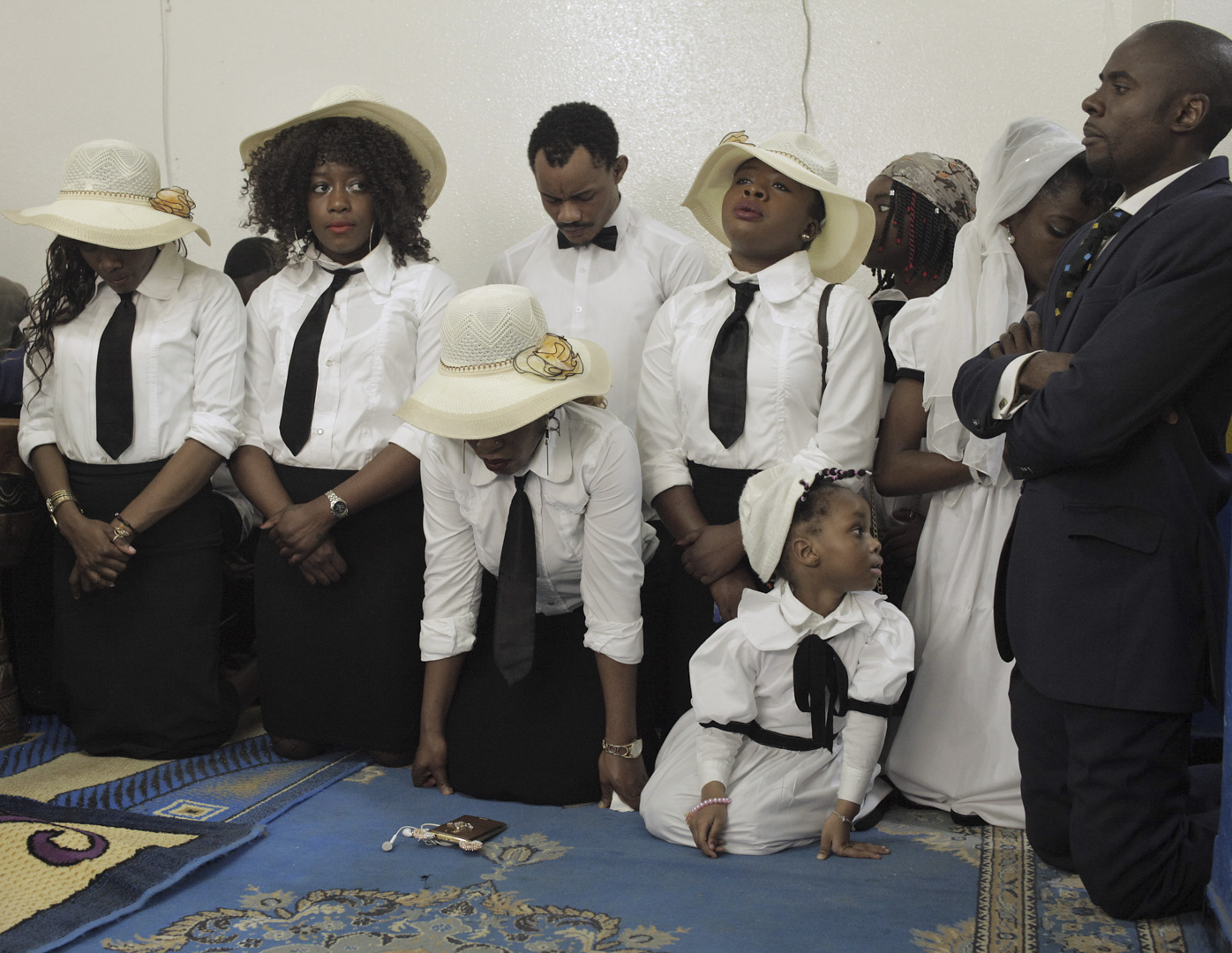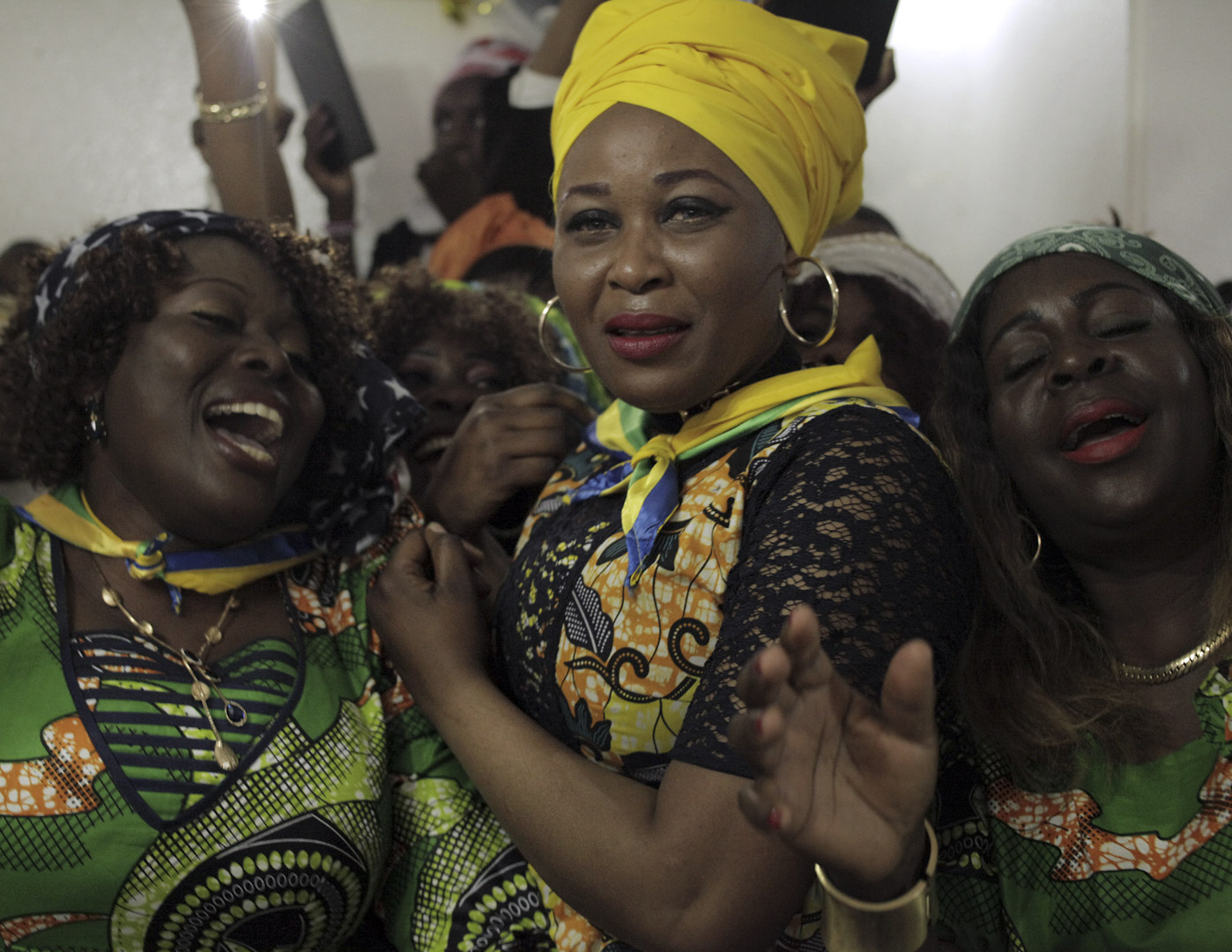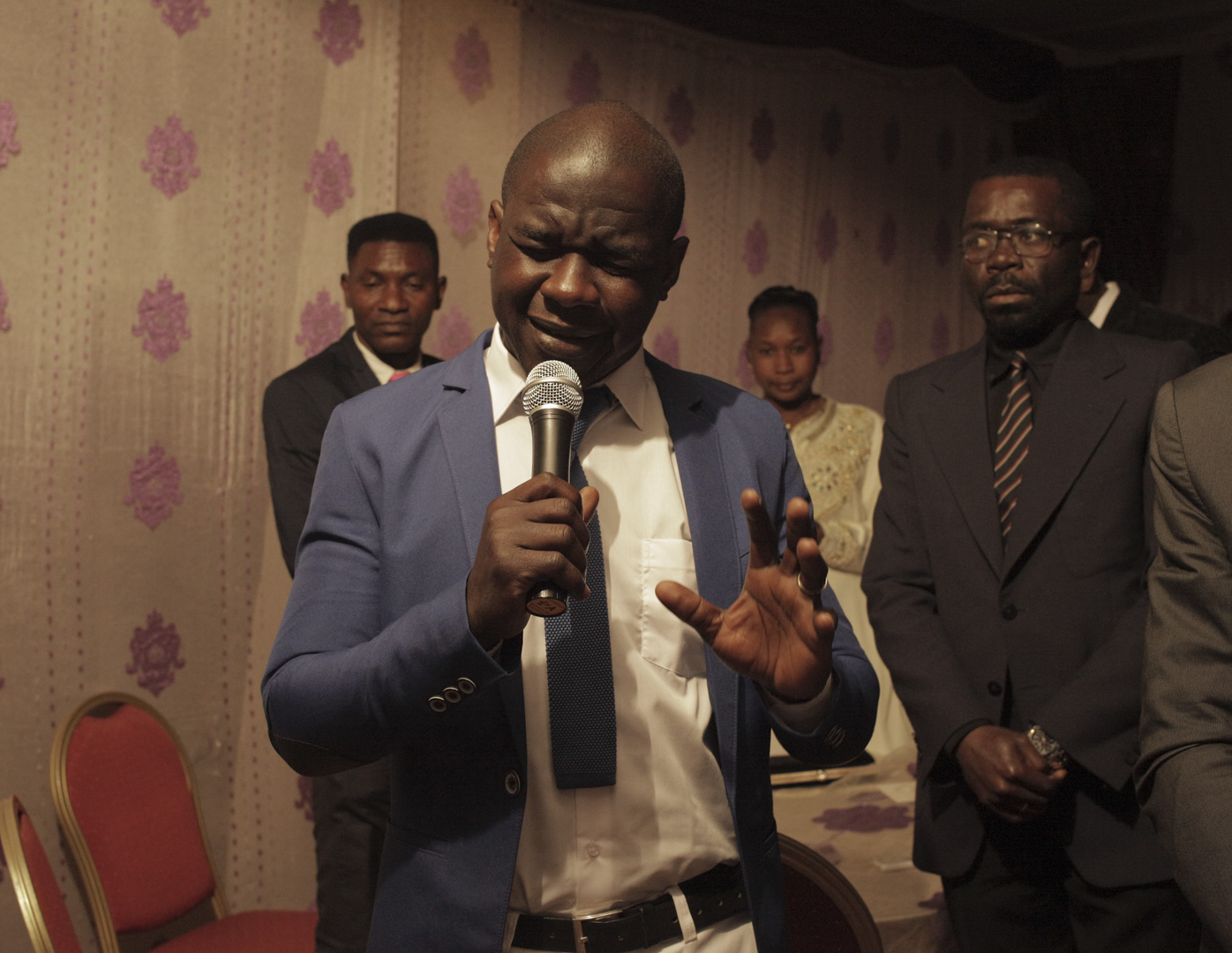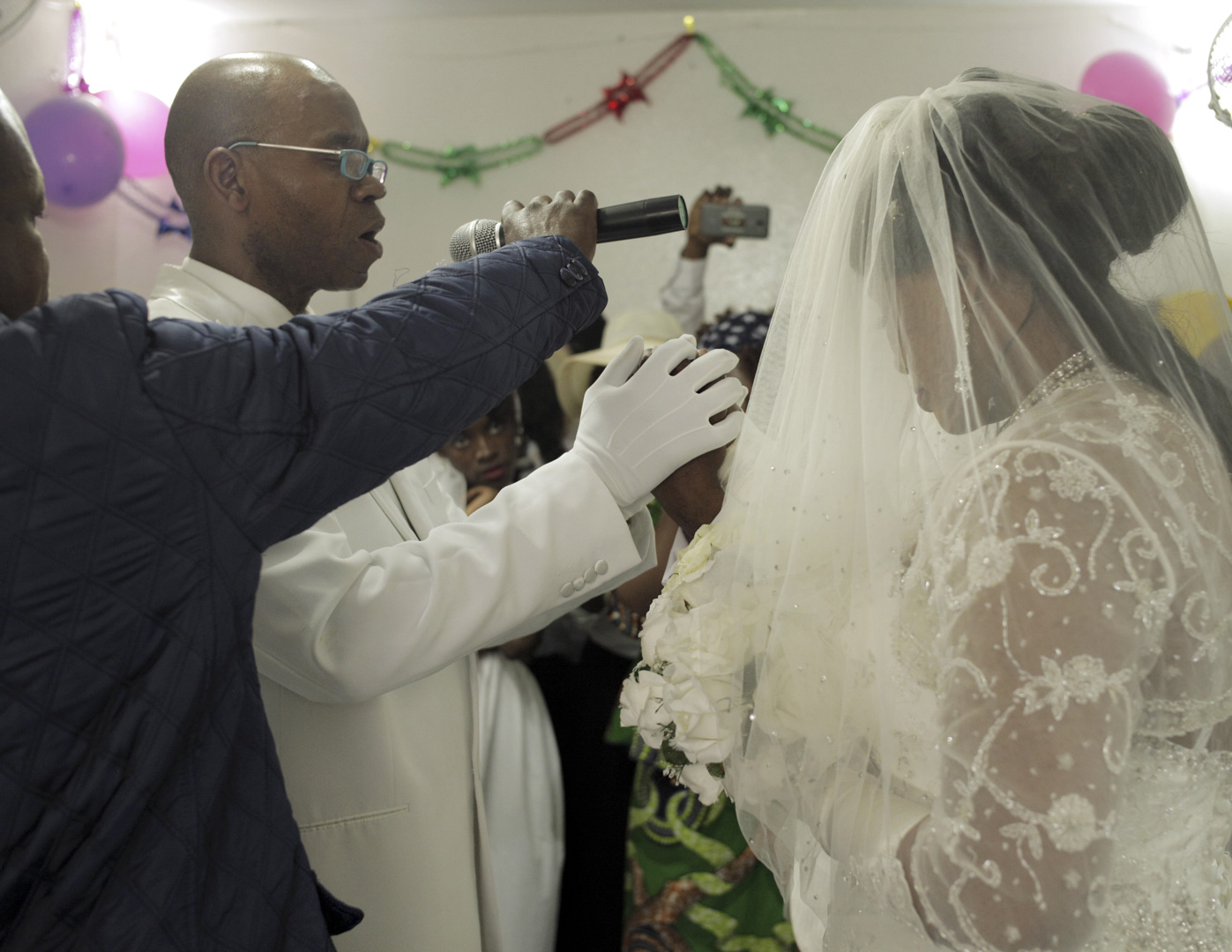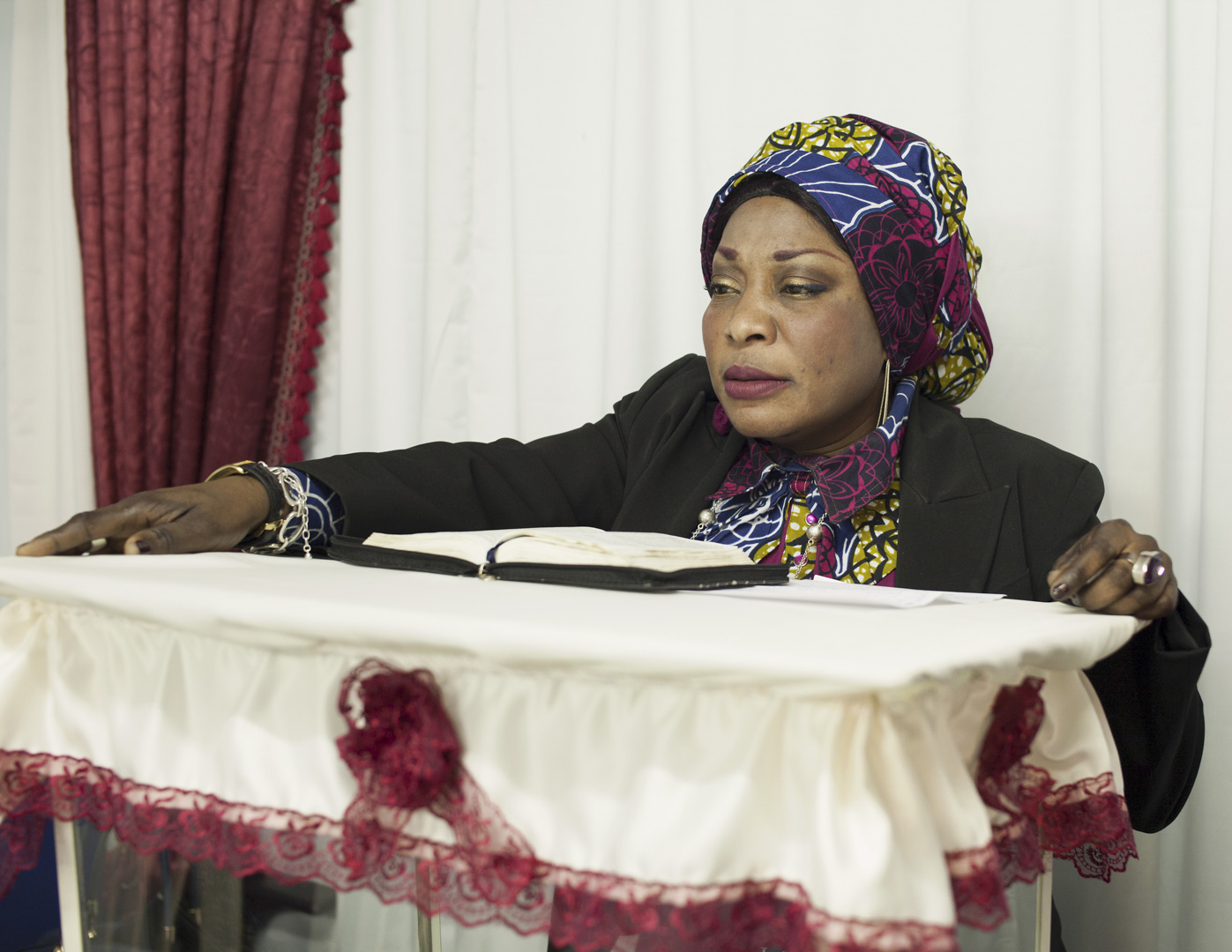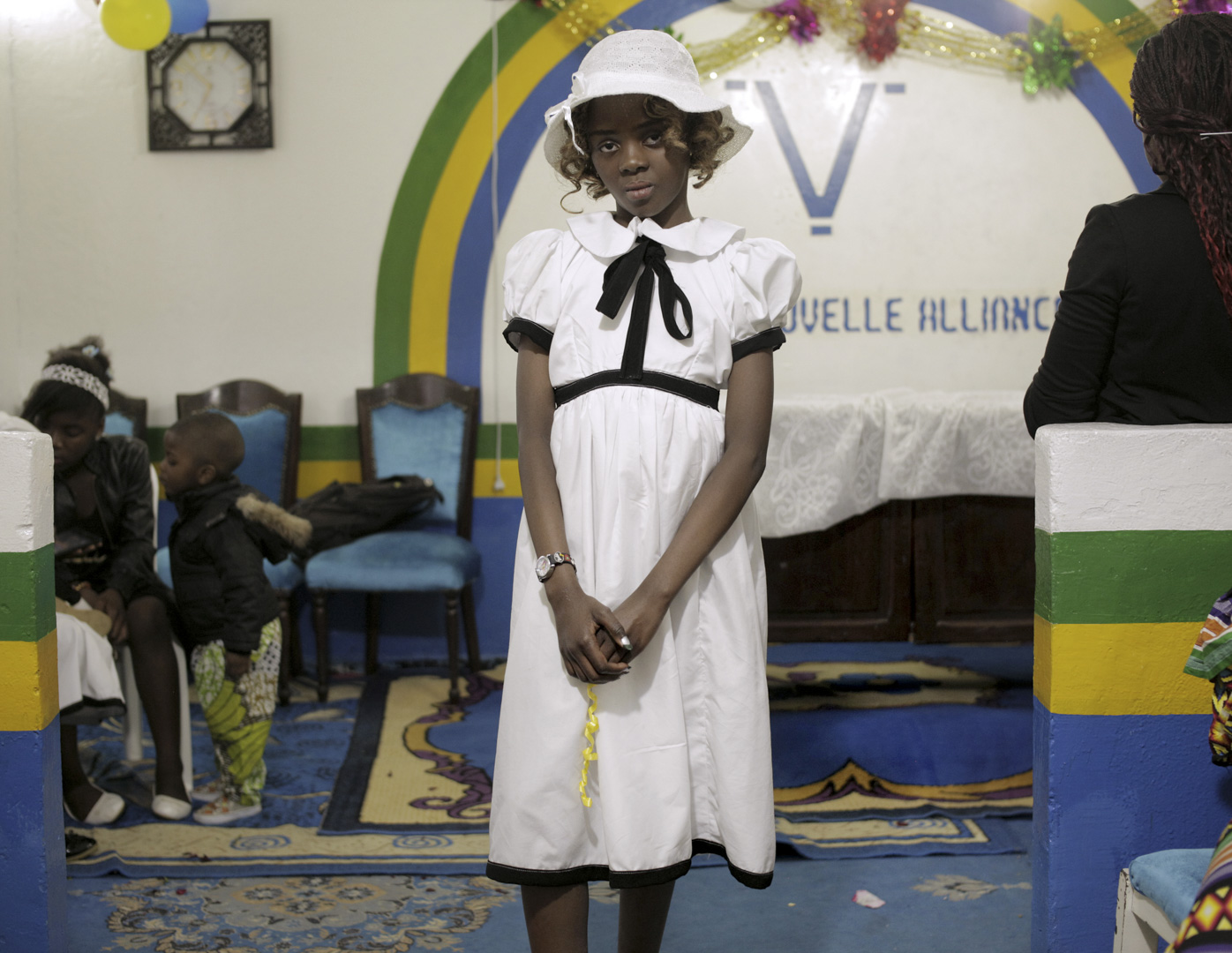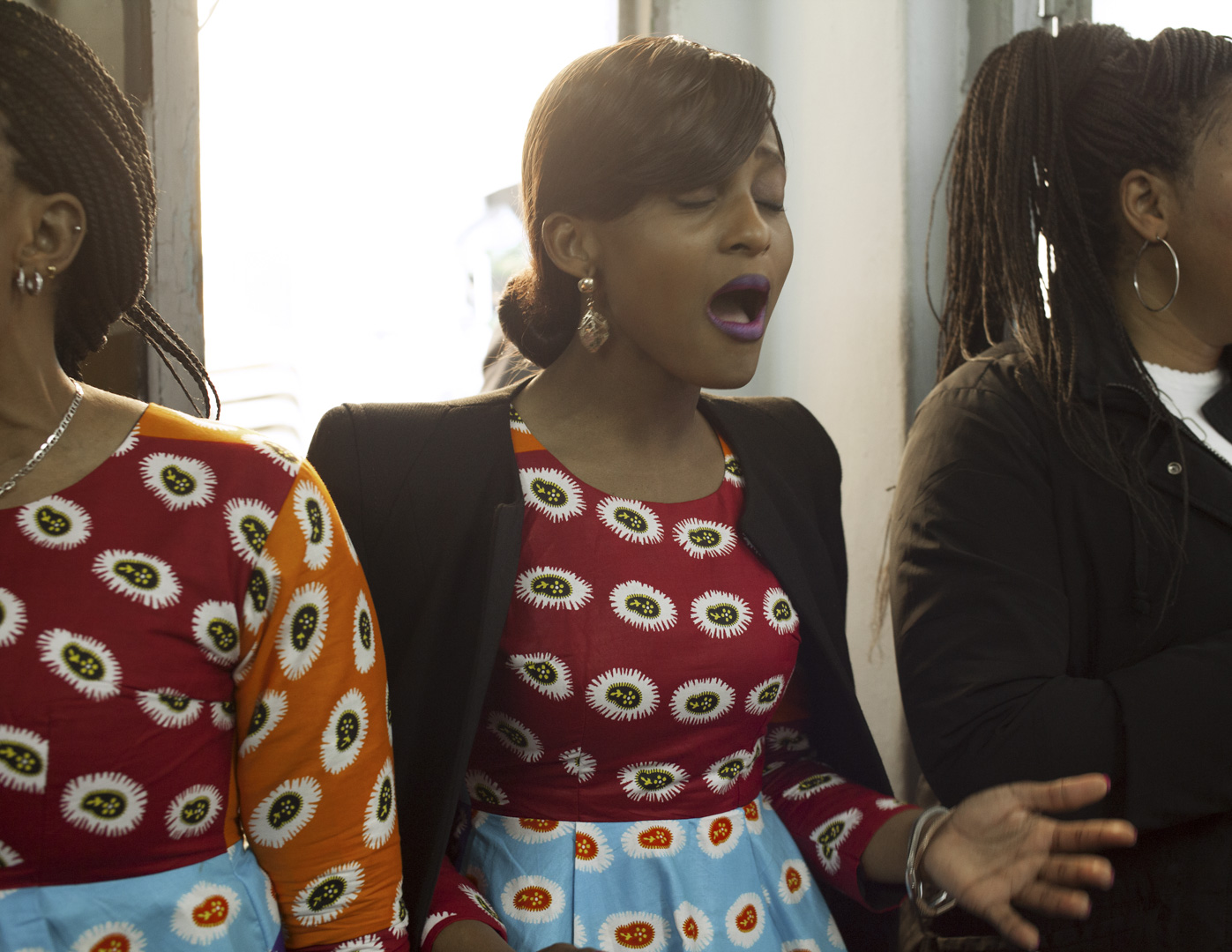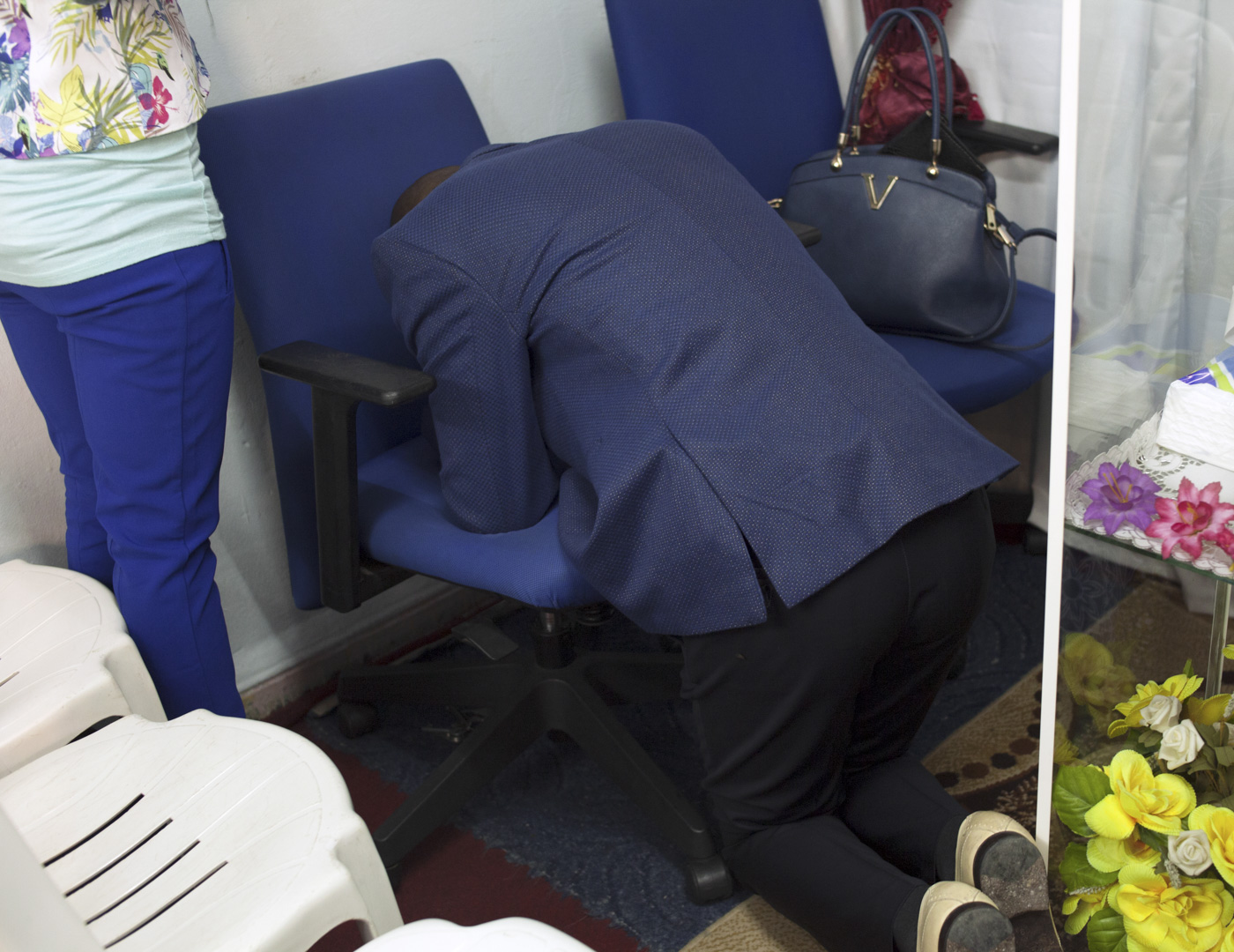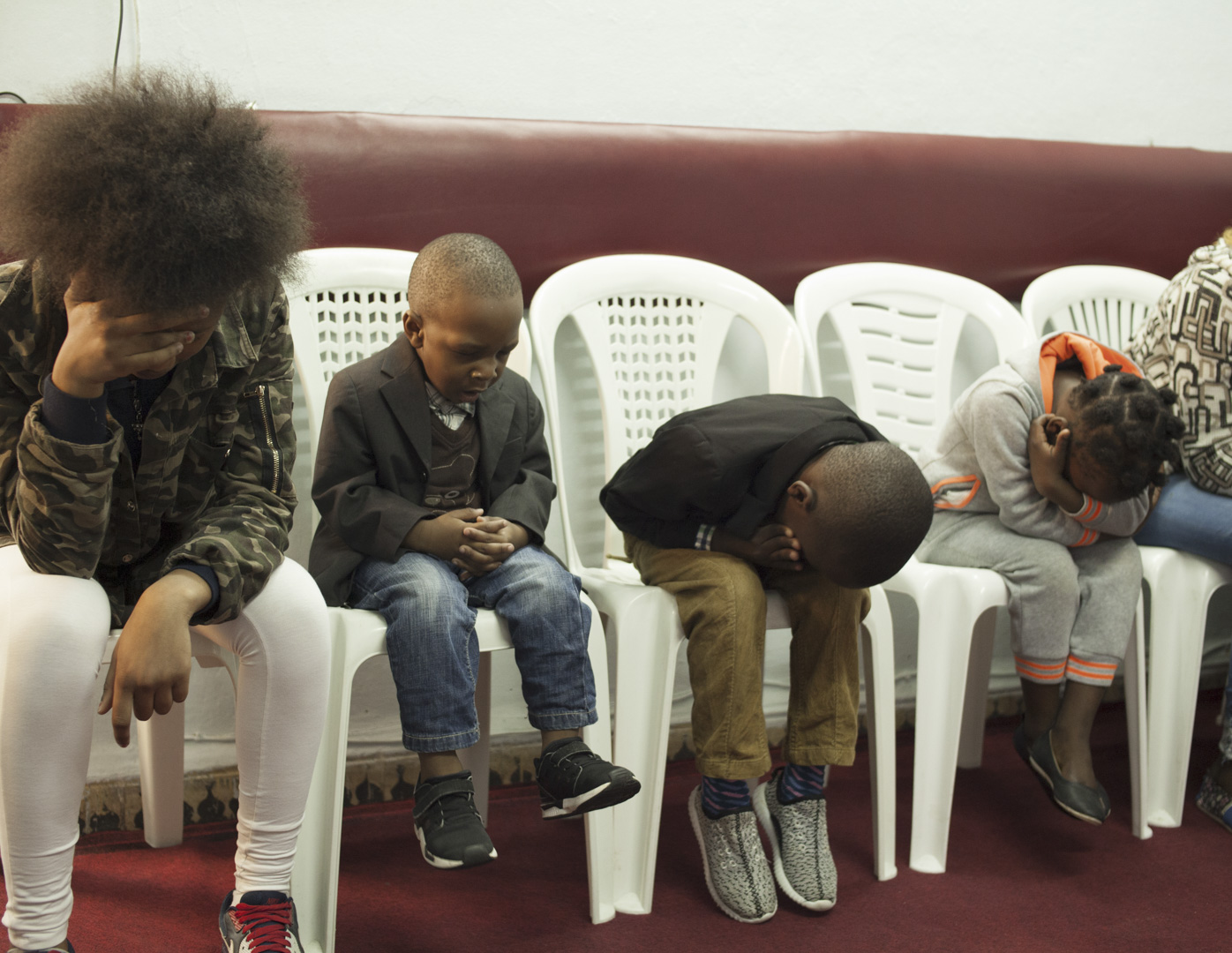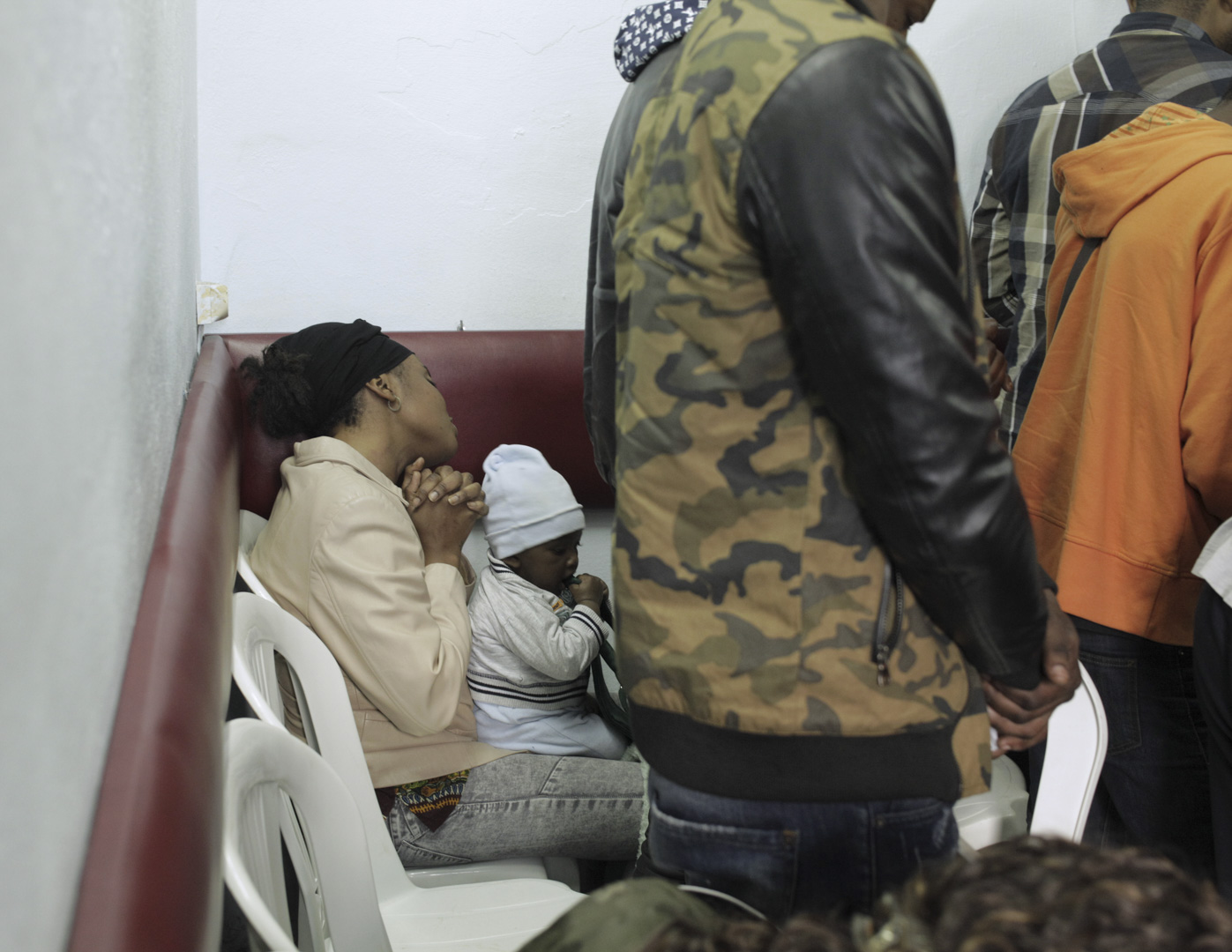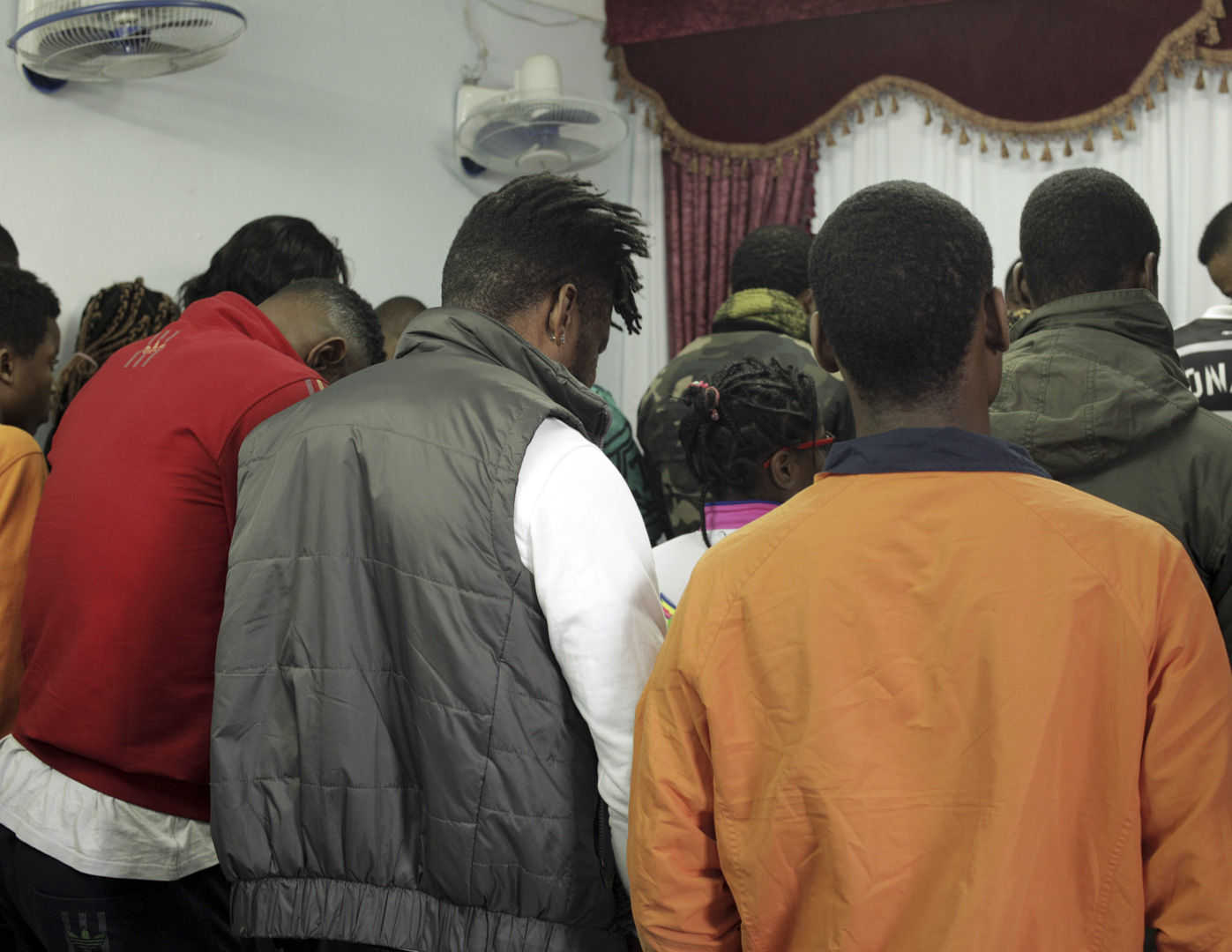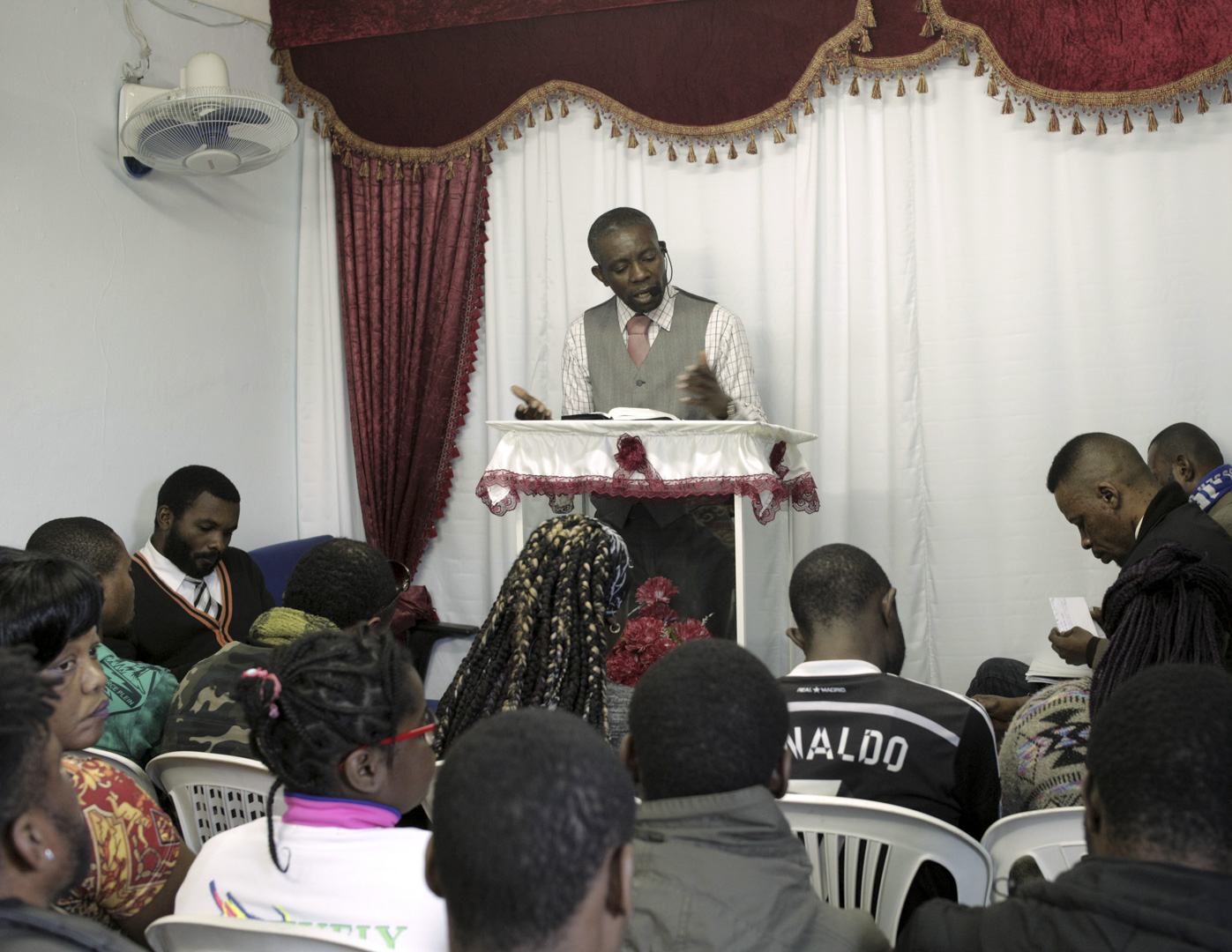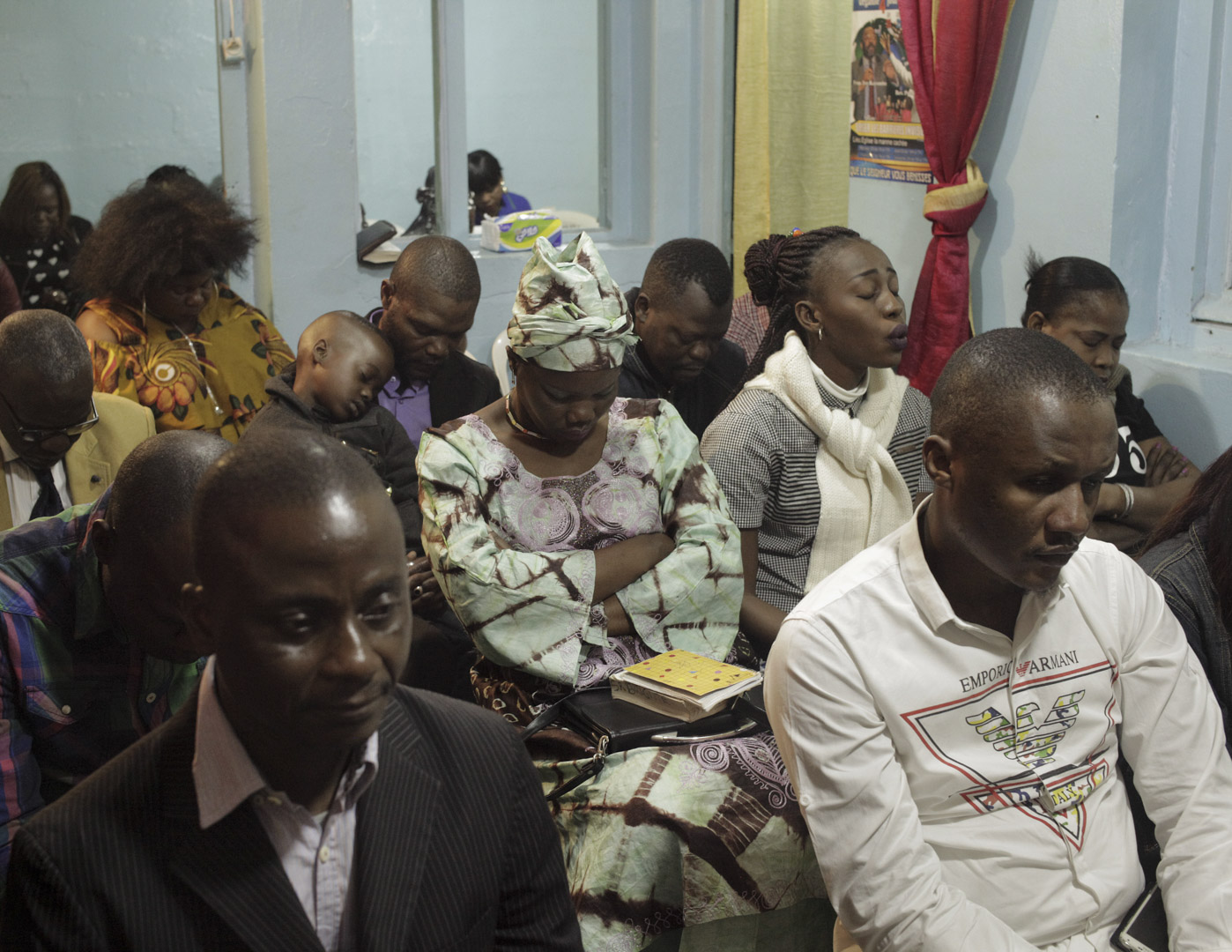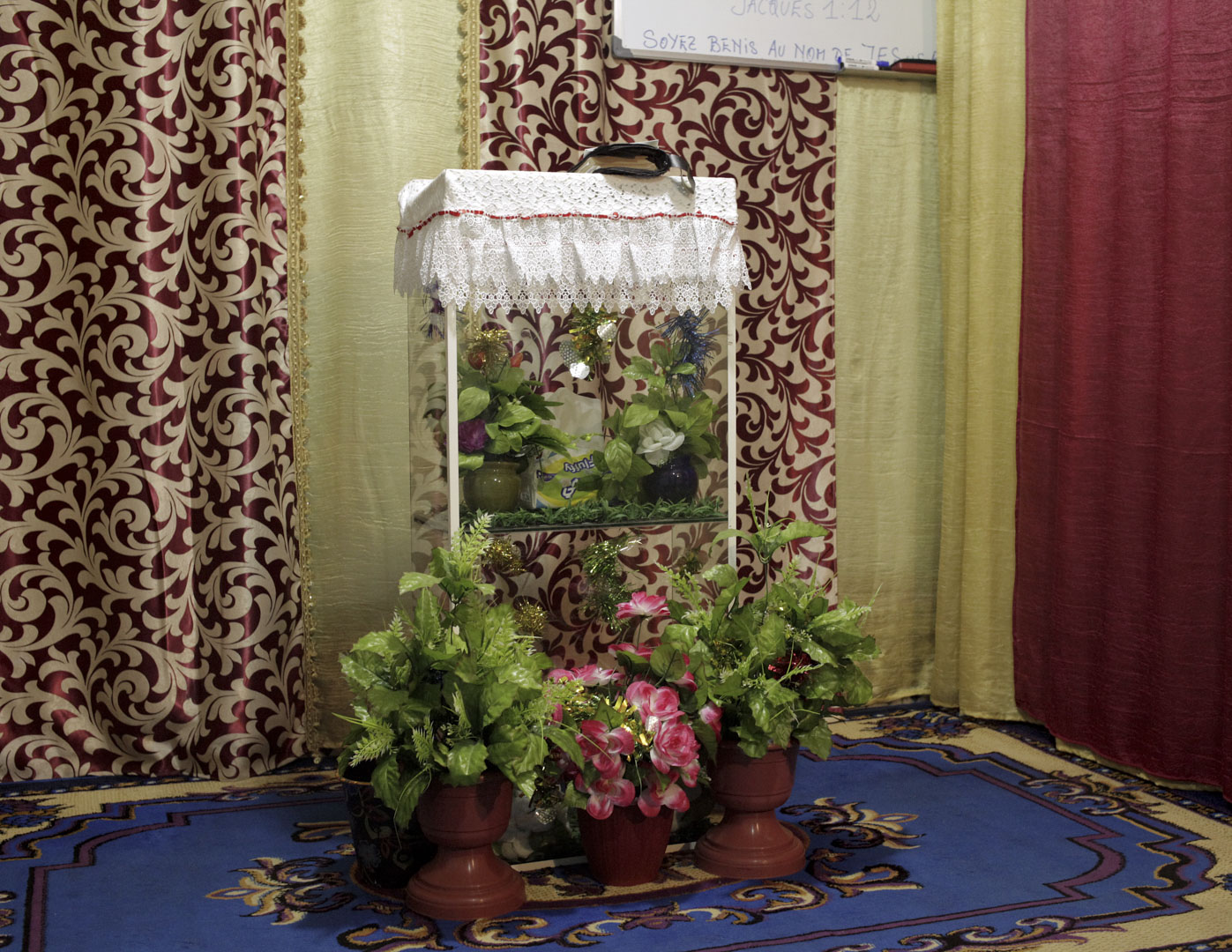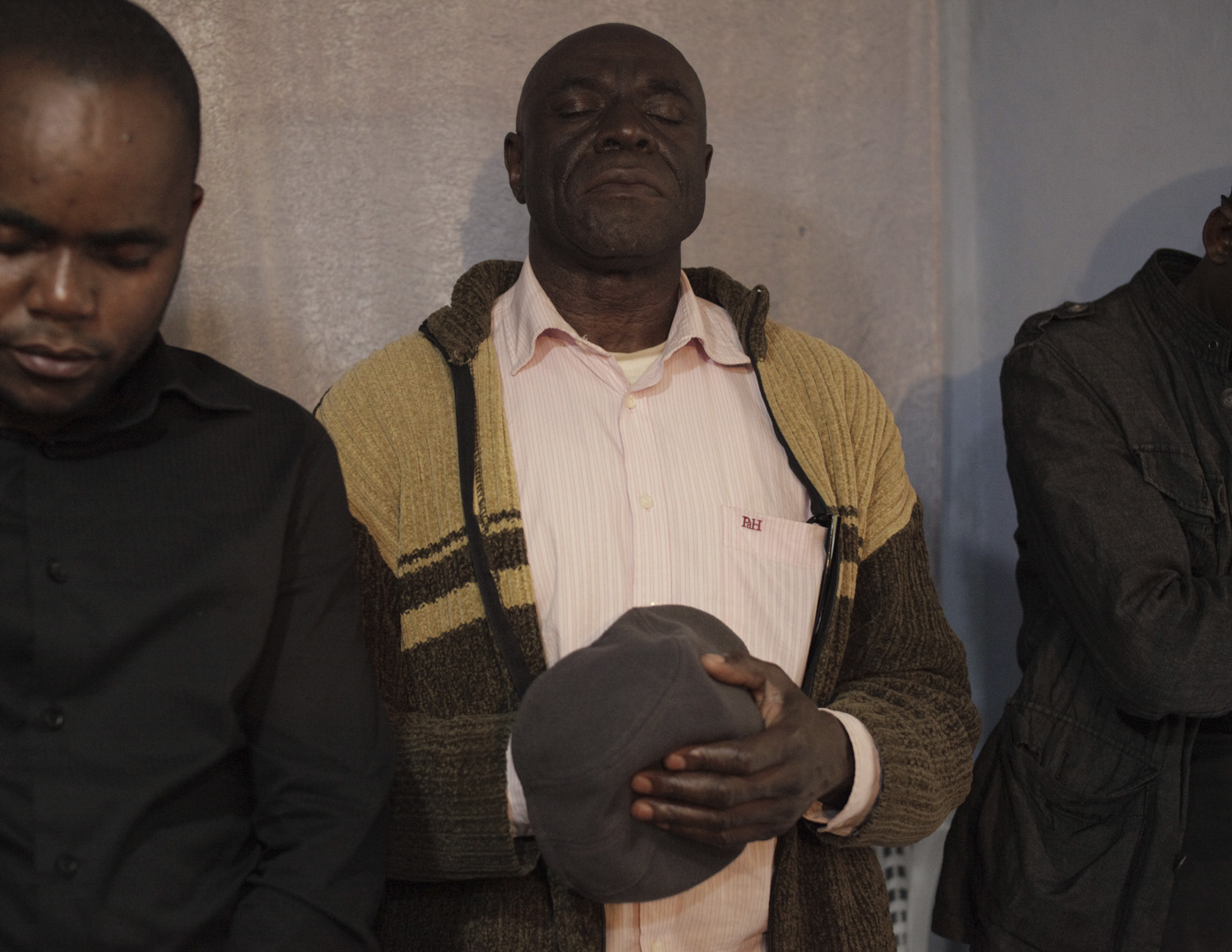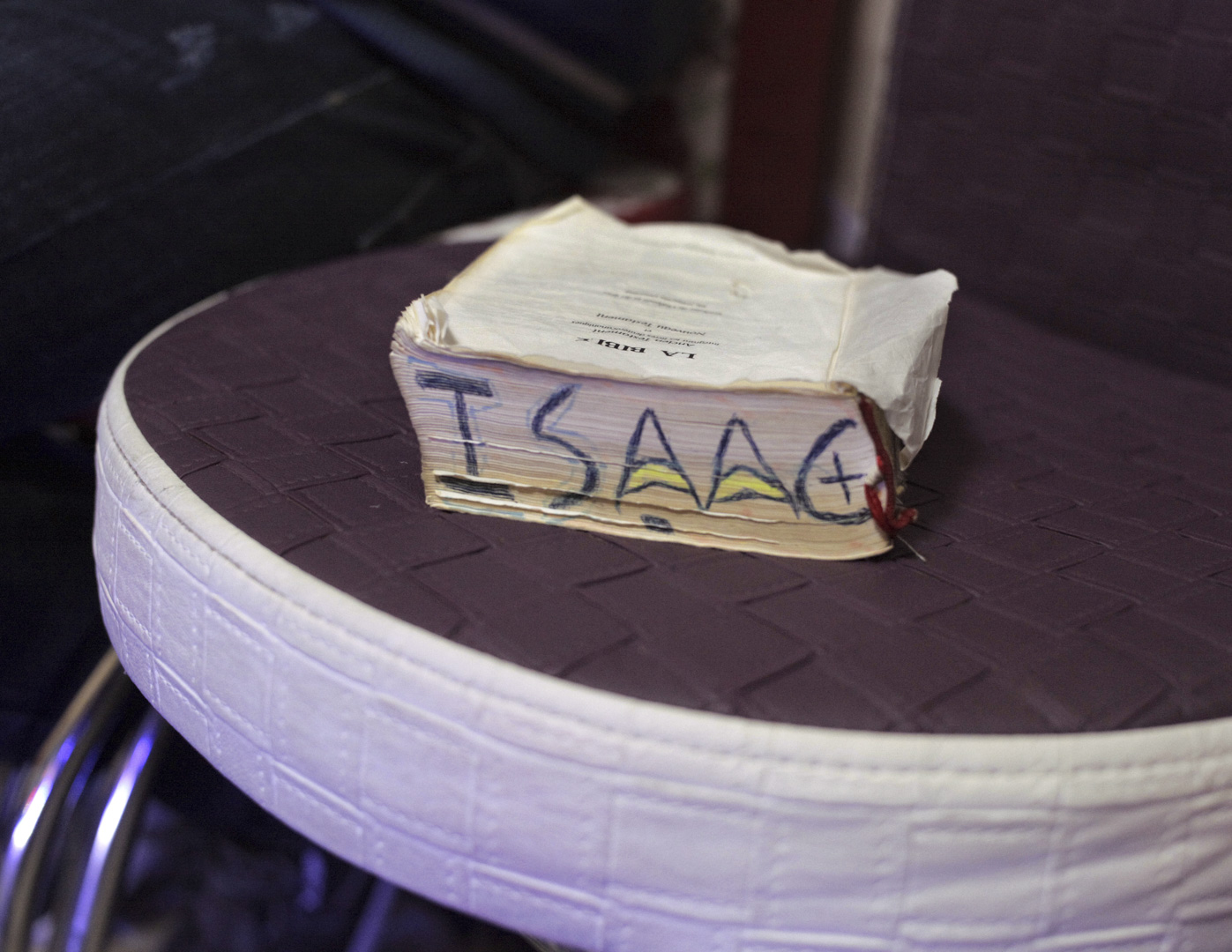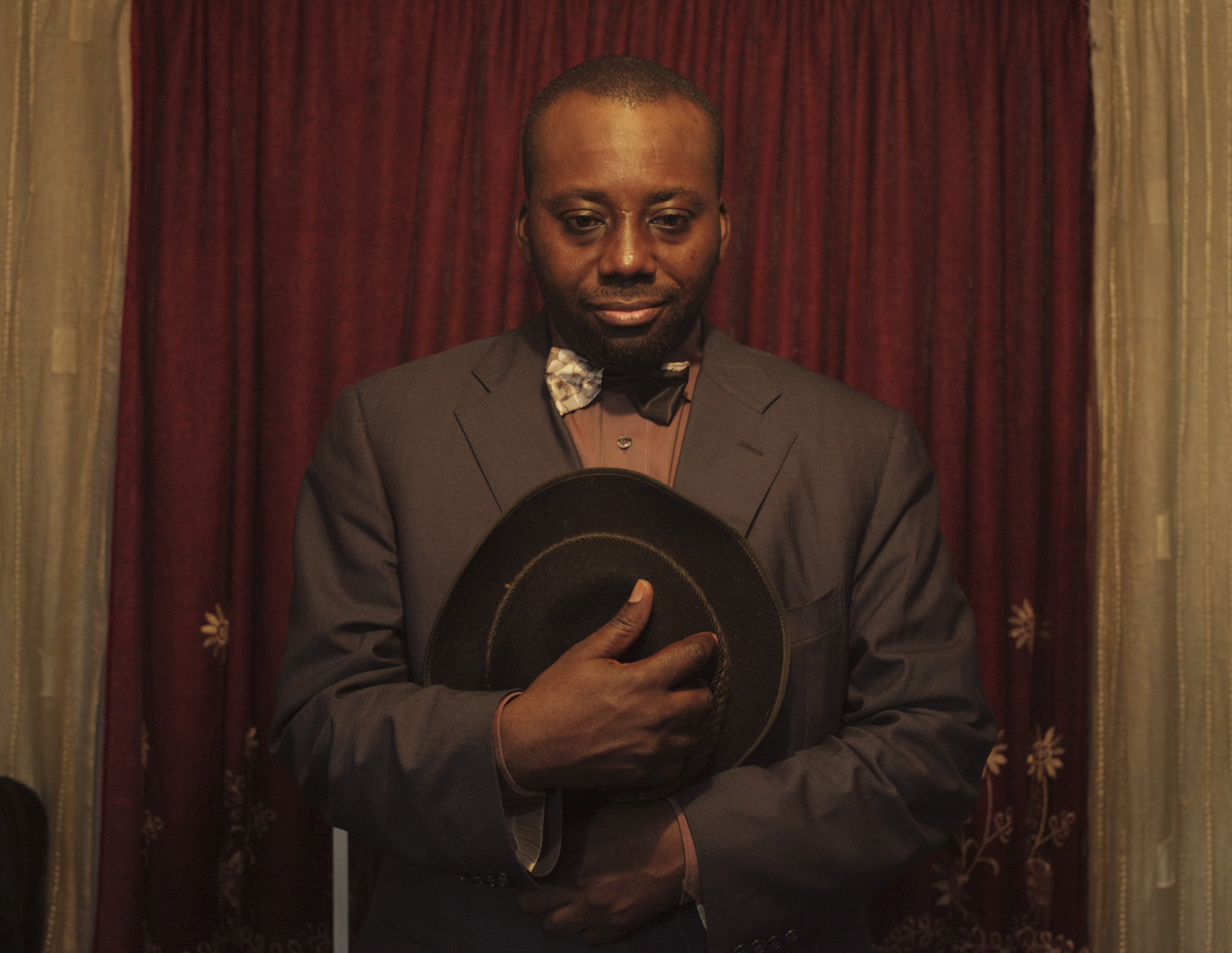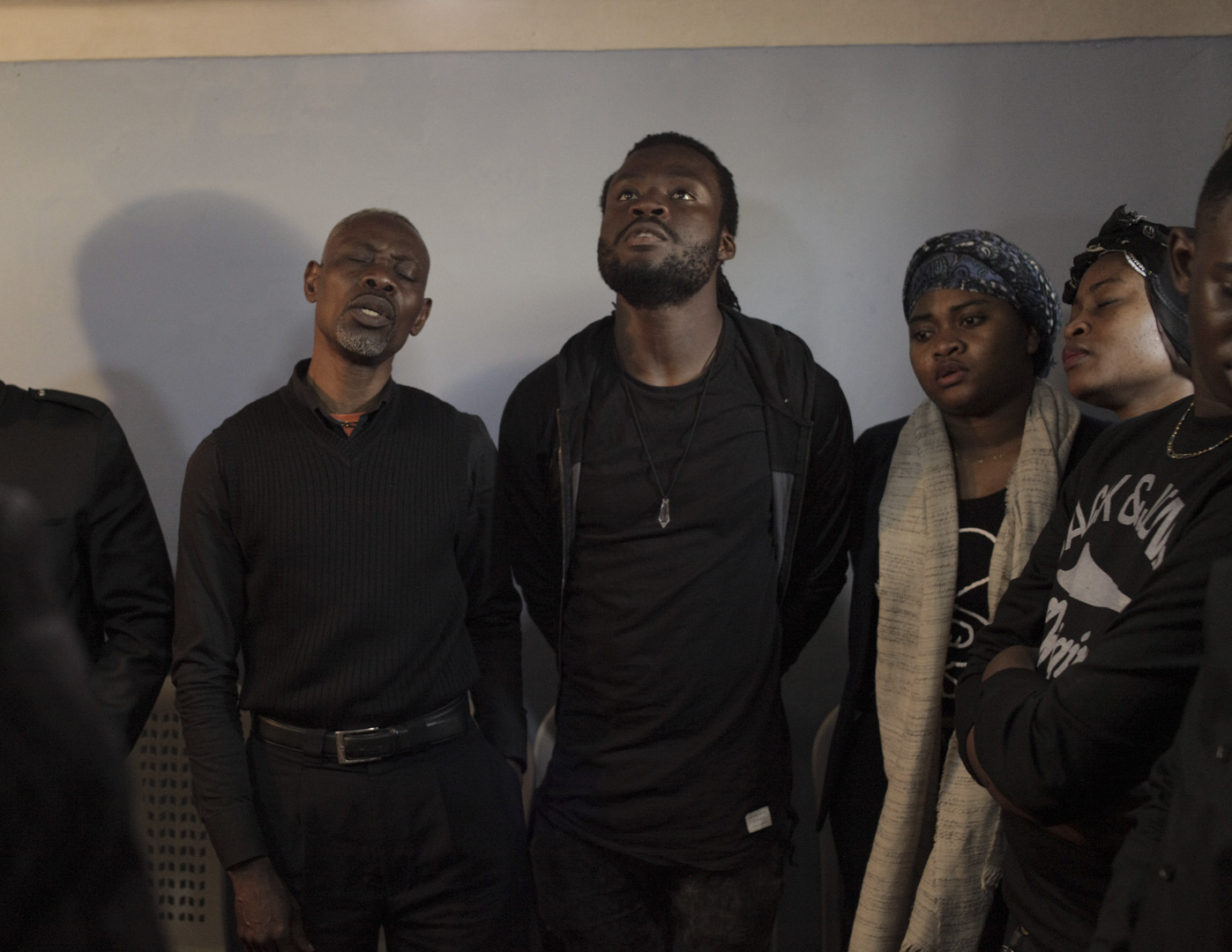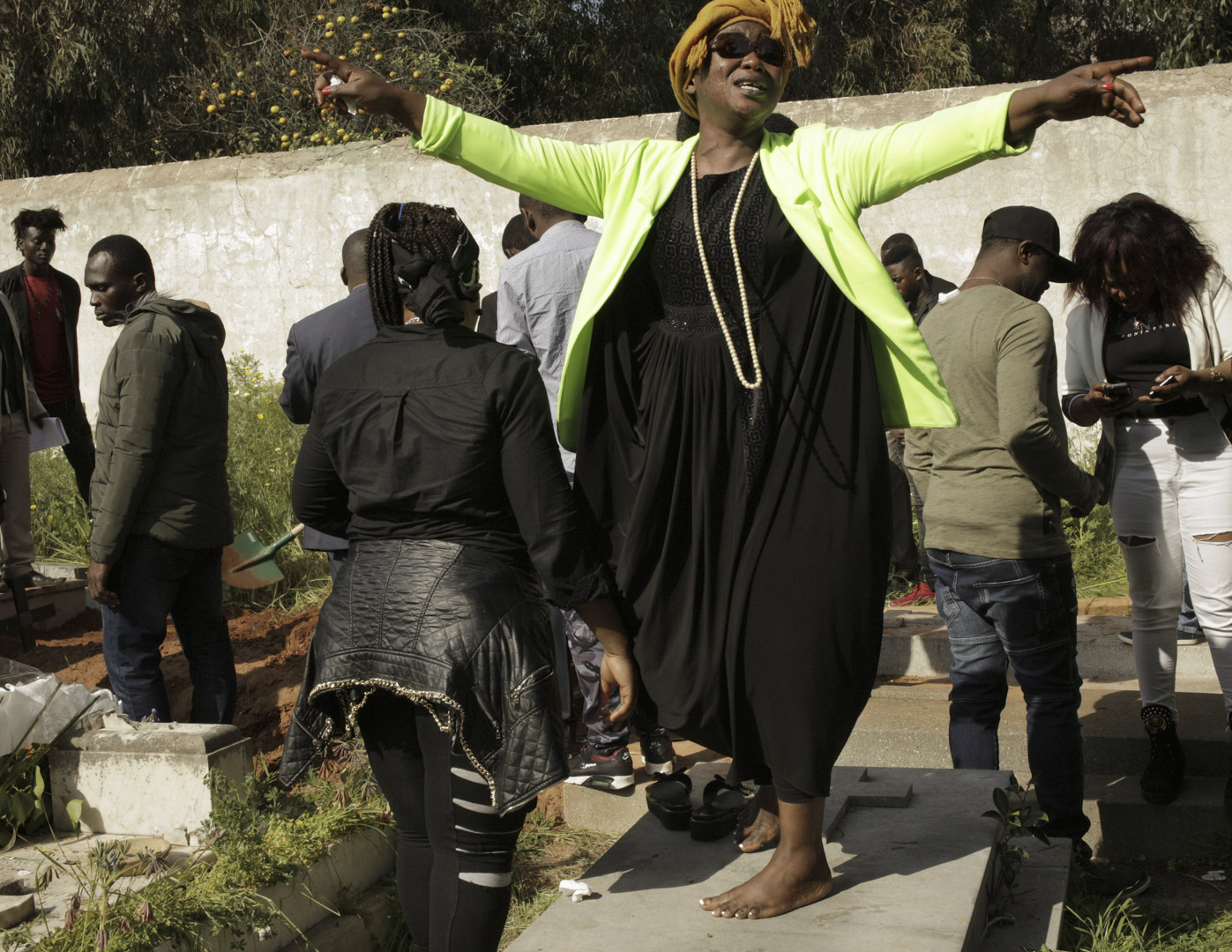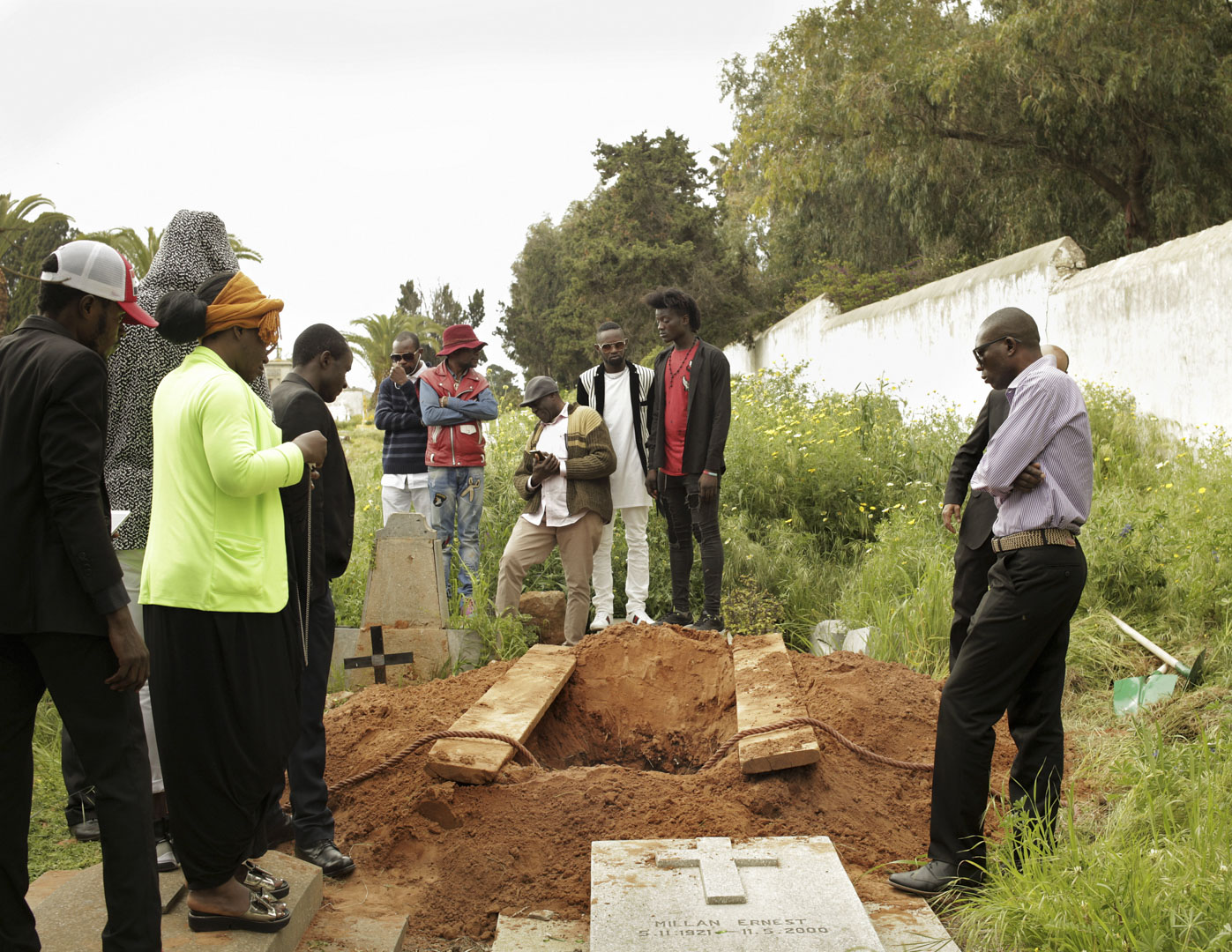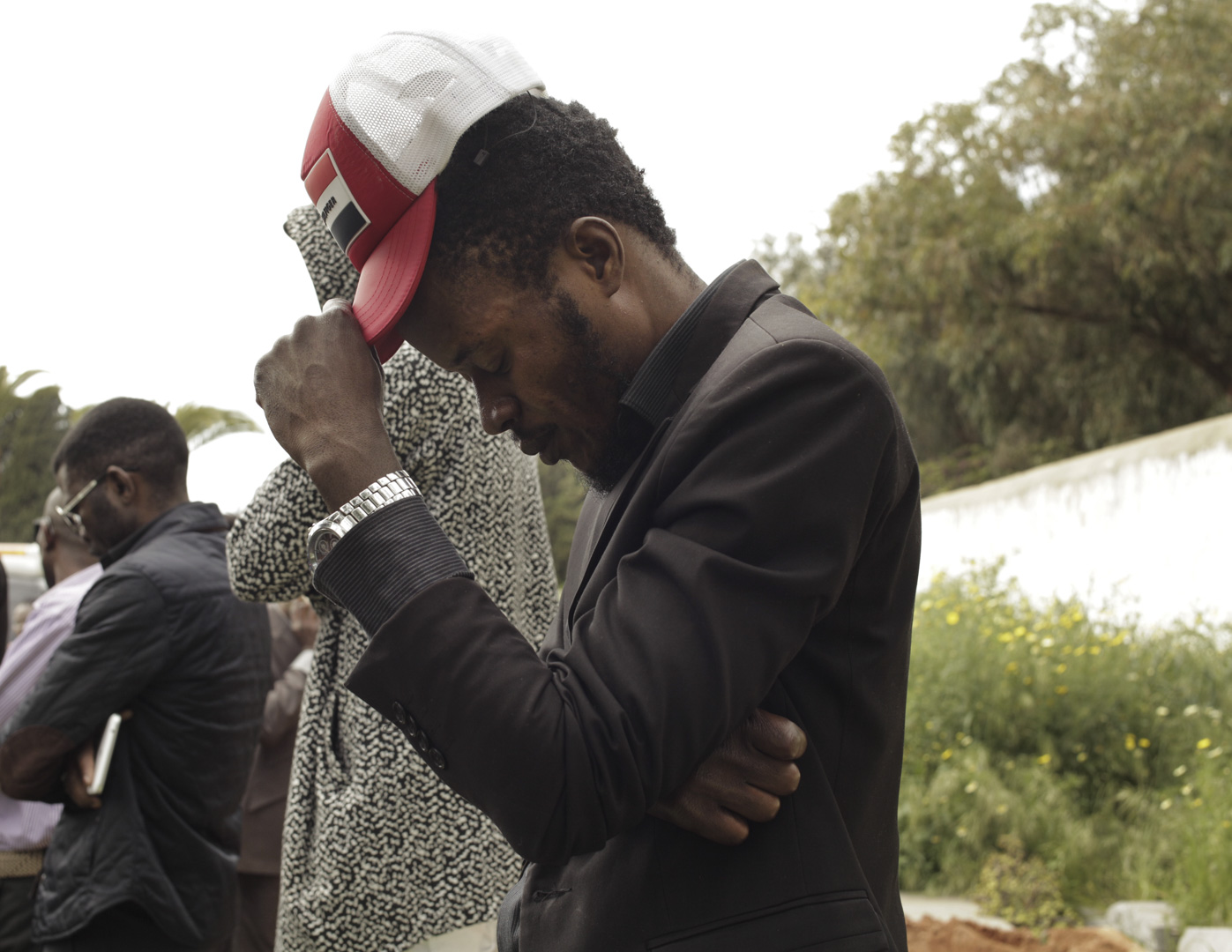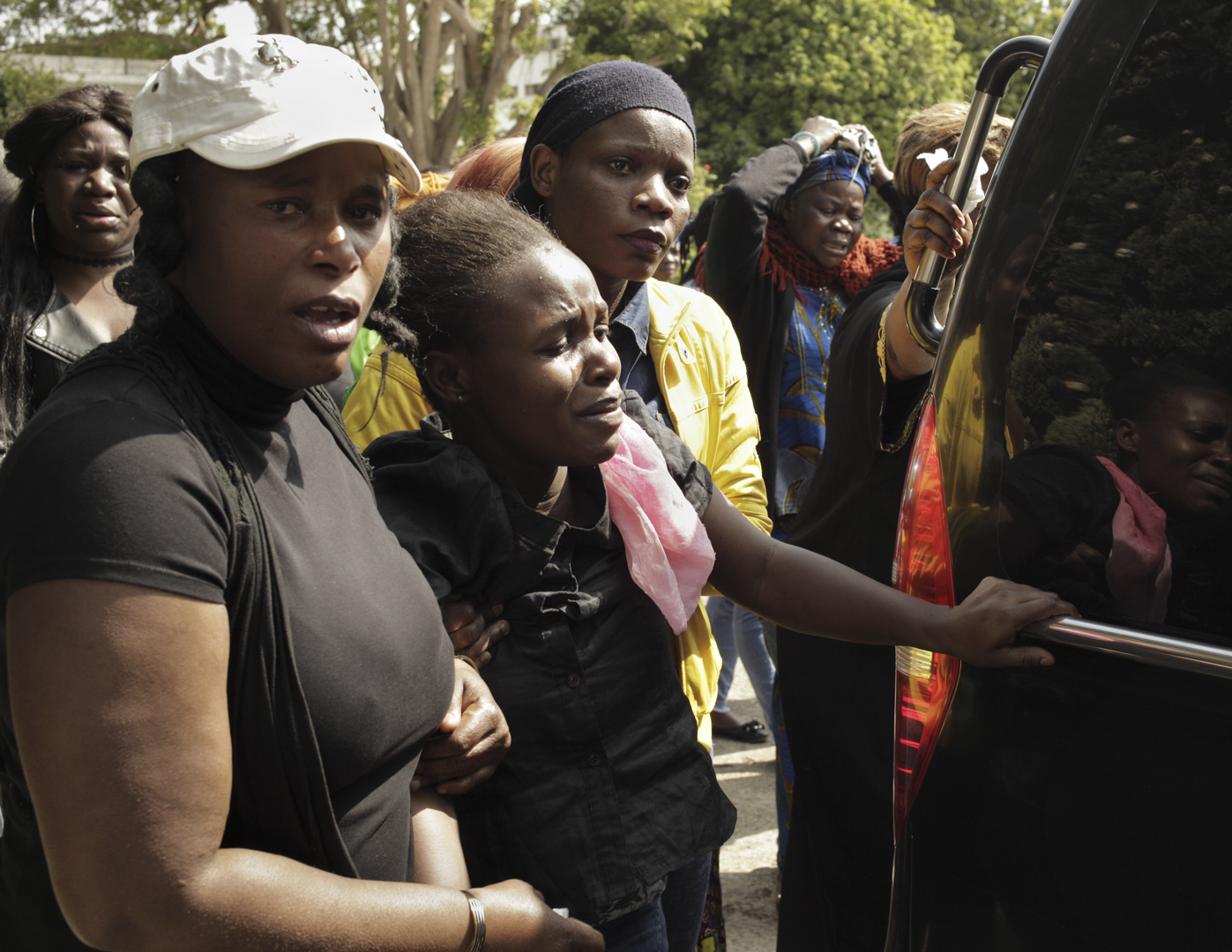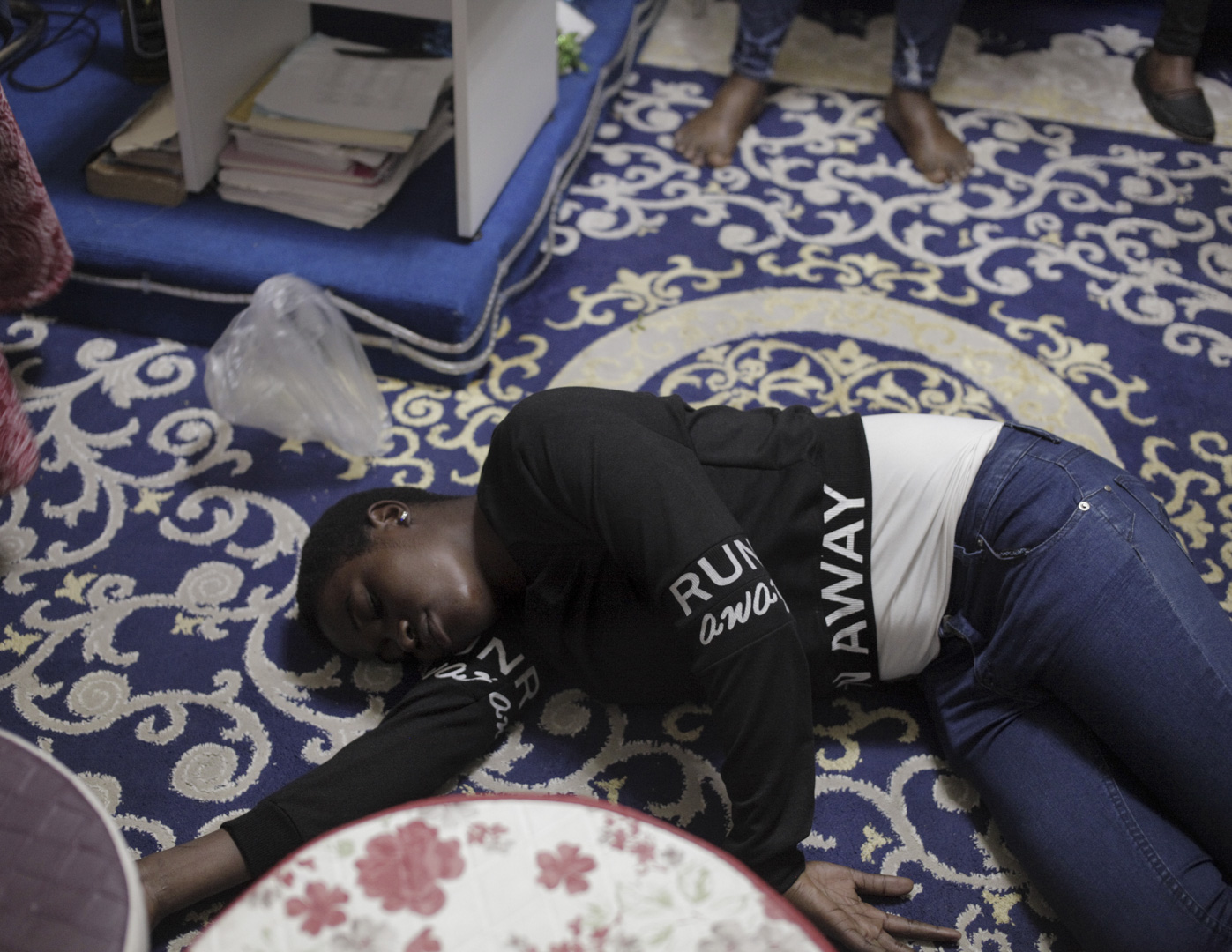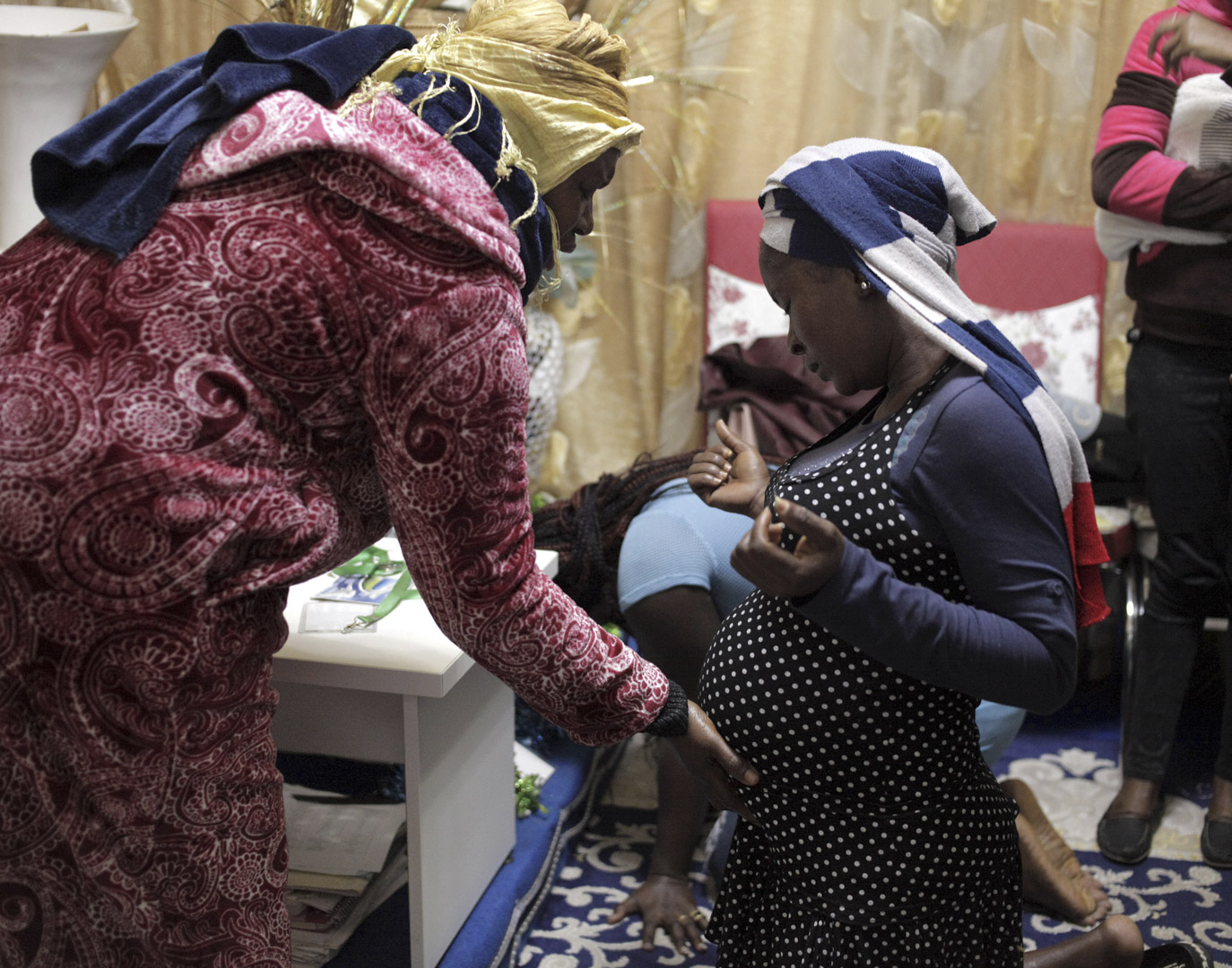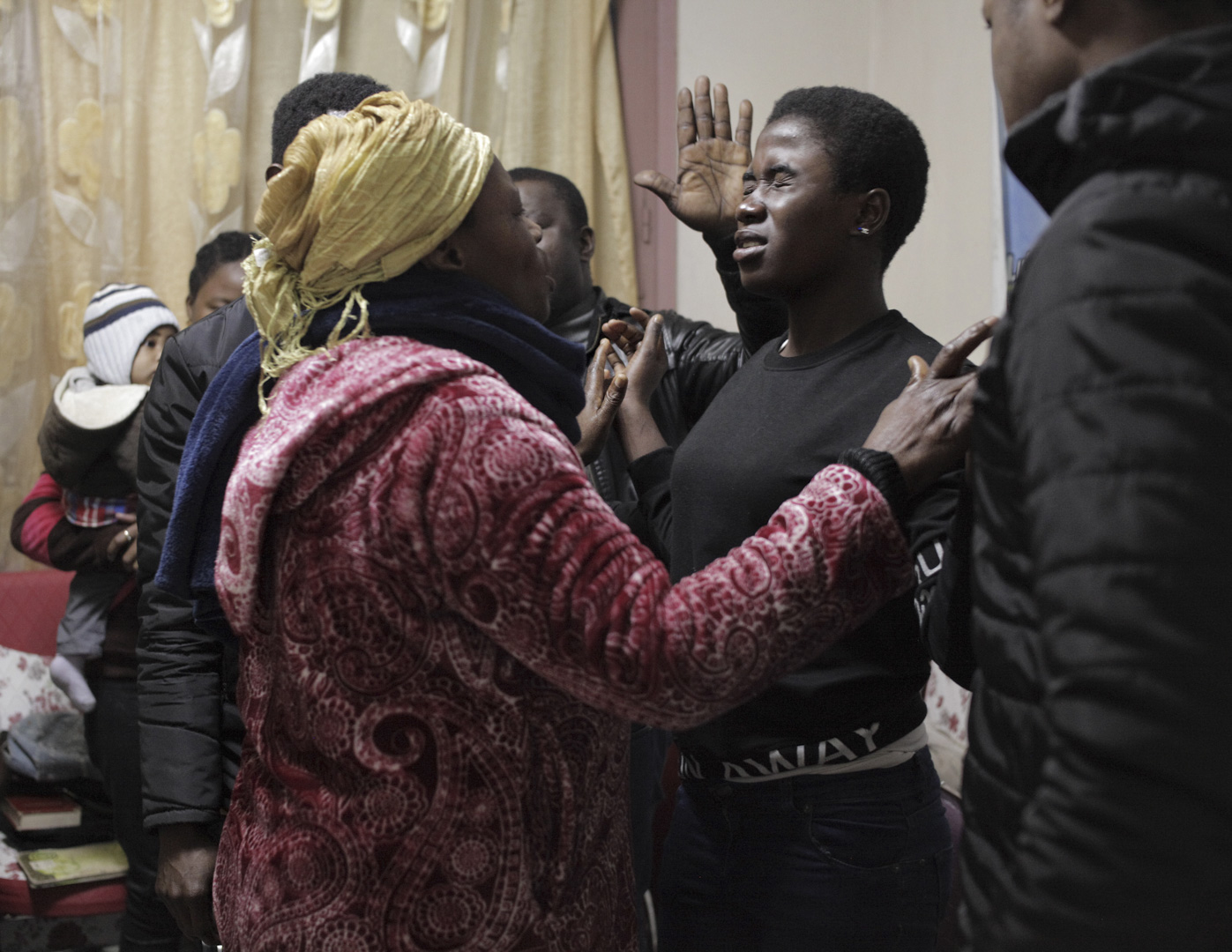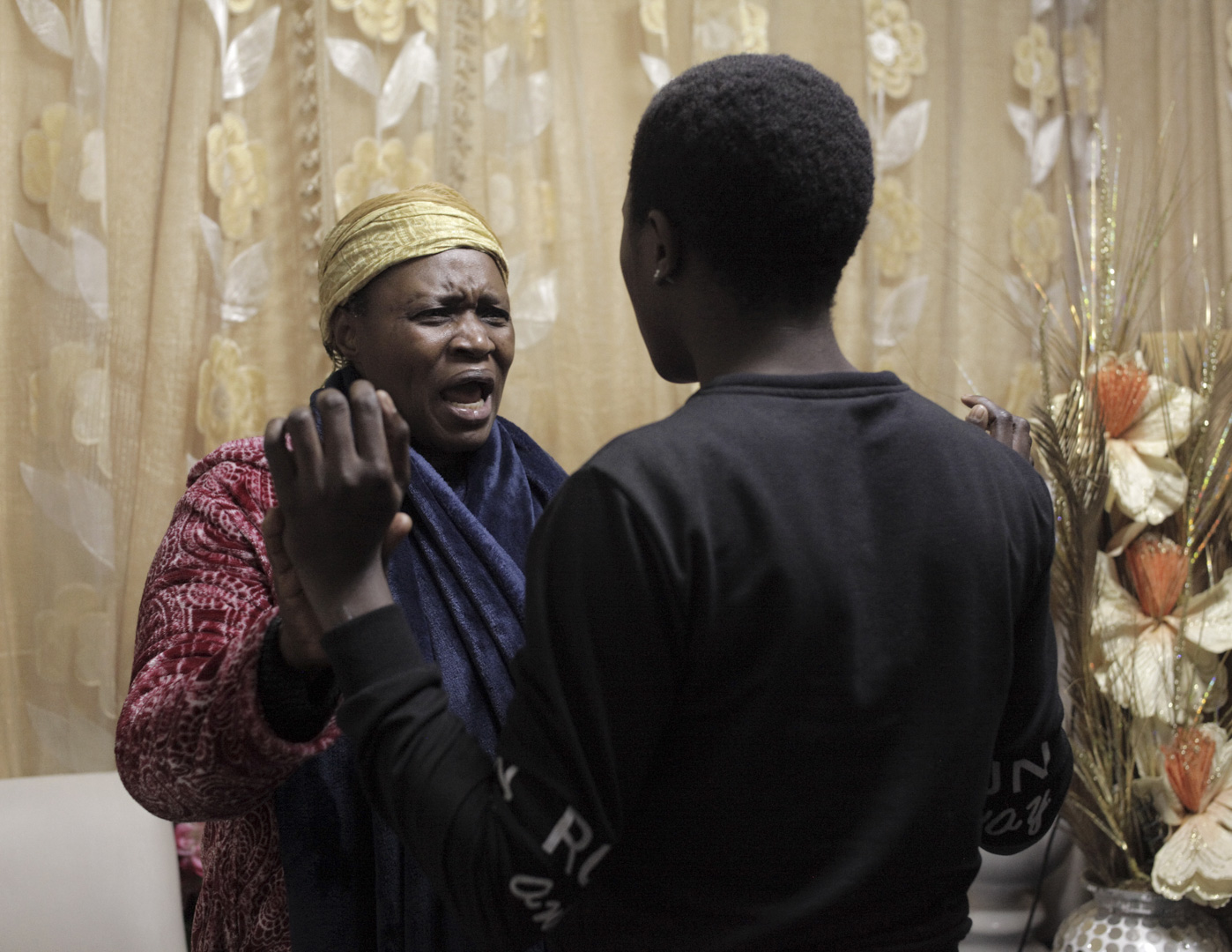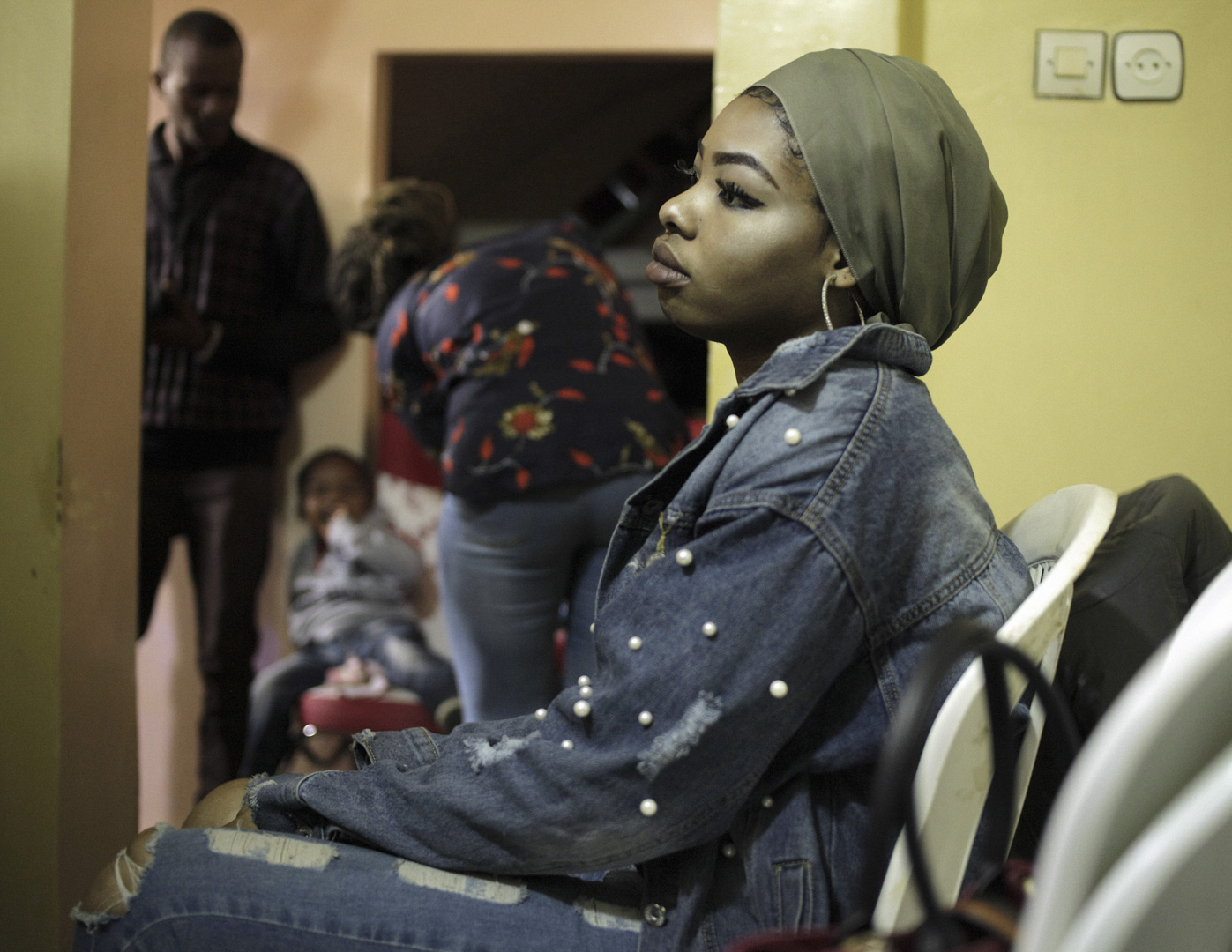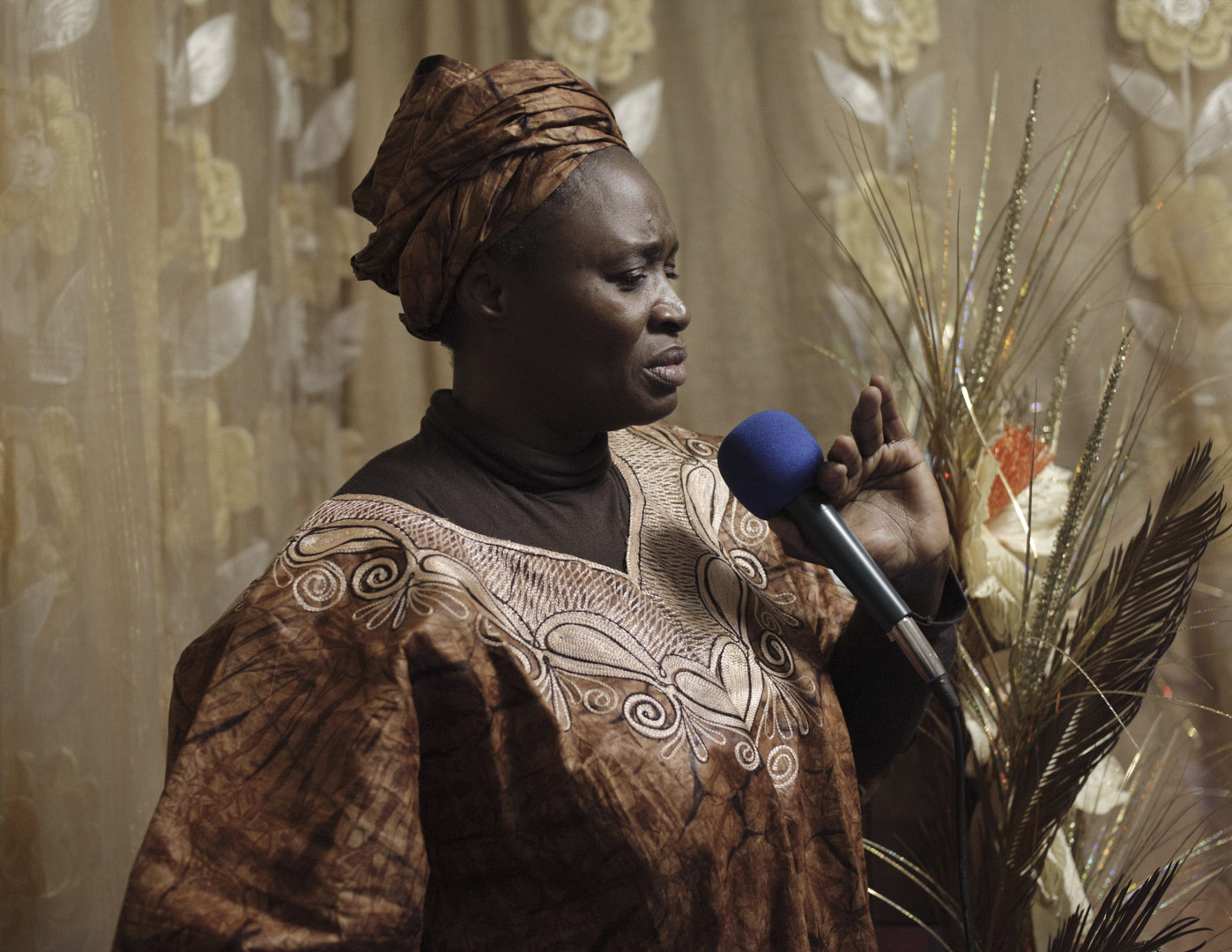God Will Open the Sea, 2022
Far from being only a place of transit, with the strengthening of borders and the lack of real migration policies, Morocco is a space where old and new migrations meet and confront each other. It offers a combination of mobility and anchorage, passages and facilities. This reconfiguration of the Moroccan migratory space has important consequences on the religious level, because it is often in periods of migration, exile and displacement that faith is anchored and strengthened, and sometimes finds new orientations. As with the question of Islam in Europe, Morocco is at a turning point where some people, accompanied by a political will and a spirit that can be described as “visionary”, decide to reconstruct a common religious narrative that is linked to the great biblical narrative.
The emergence of an informal Christian religious sector can be observed in particular in Rabat. House churches are developing in residential areas where a few dozen faithful gather to pray, discuss and exchange on life projects in and outside Morocco.
Without legal status, but tolerated by the neighbourhood when they are discreet, these churches for the large majorité́ Congolese initiative are led by “migrant pastors” who, when they prepare to leave, hand over their charge to a successor.
In spite of the precariousness of the people and places, and the high turnover of leaders, these communities endure over time, maintaining their specific identity (name, location and style of prayer) by mentoring old and new members, thus forming a structured and sustainable religious network.
Malik Nejmi has documented the work of the socio-anthropologist Sophie Bava and the anthropologist Bernard Coyault, at the crossroads of their anthropological fields in the J5 district of Rabat where most migrants live. On the scale of a very rich religious calendar, these churches give us to see refuges, places of worship where one heals, where one questions oneself, and where one reinforces one’s faith in the idea of perhaps one day attempting the crossing to Europe. The theatre of a “theology of migration” for Sophie Bava, they are also the place of “community management” for Bernard Coyault.
The so-called “religious space in transit” of African Christians in Morocco has enabled the structuring of a new and completely fascinating narrative. The “Congolese Colony” as it is sometimes called, has been able to produce a real socio-religious structure in order to surely suffer less while seeing Morocco as a promised land.
